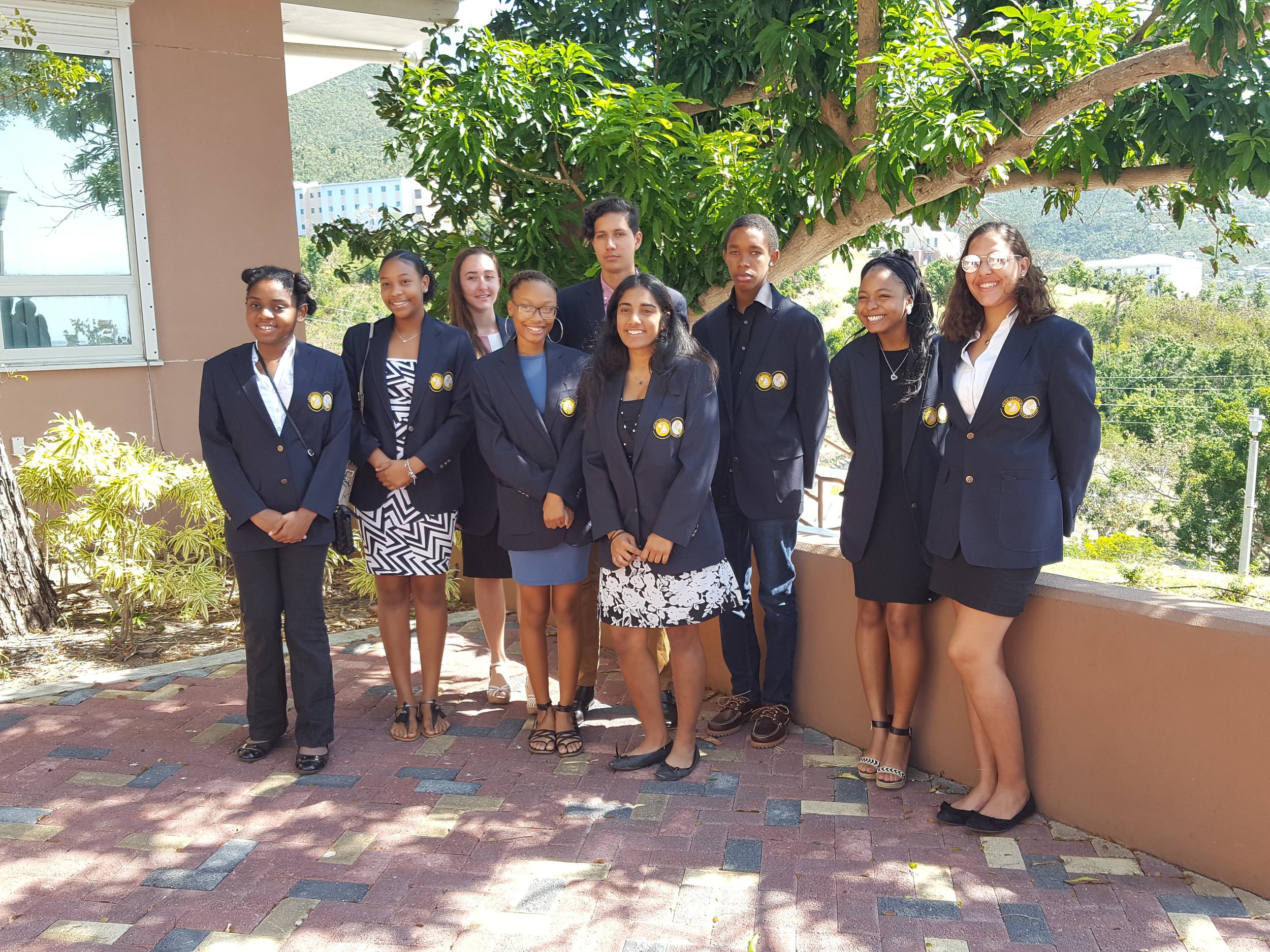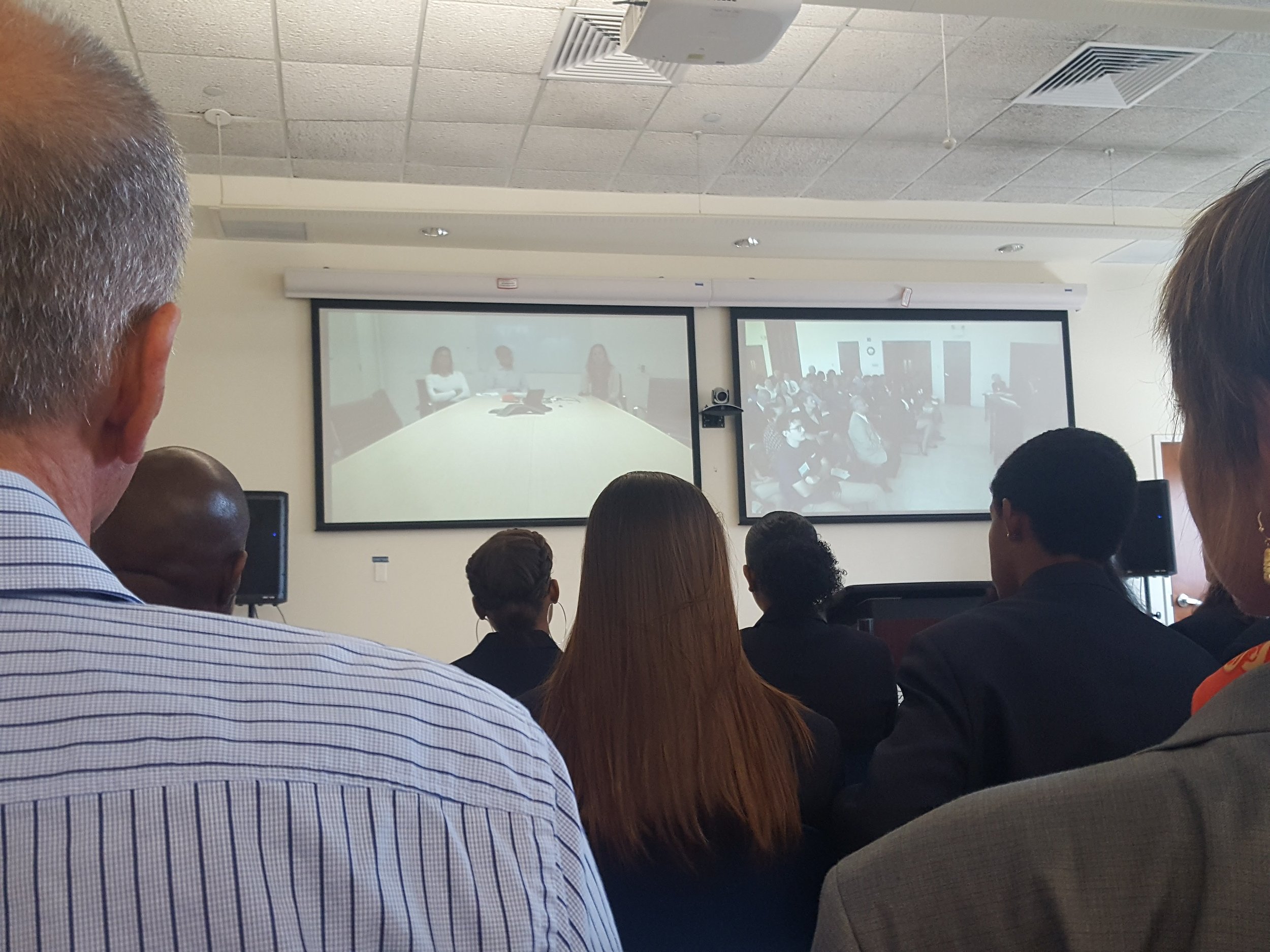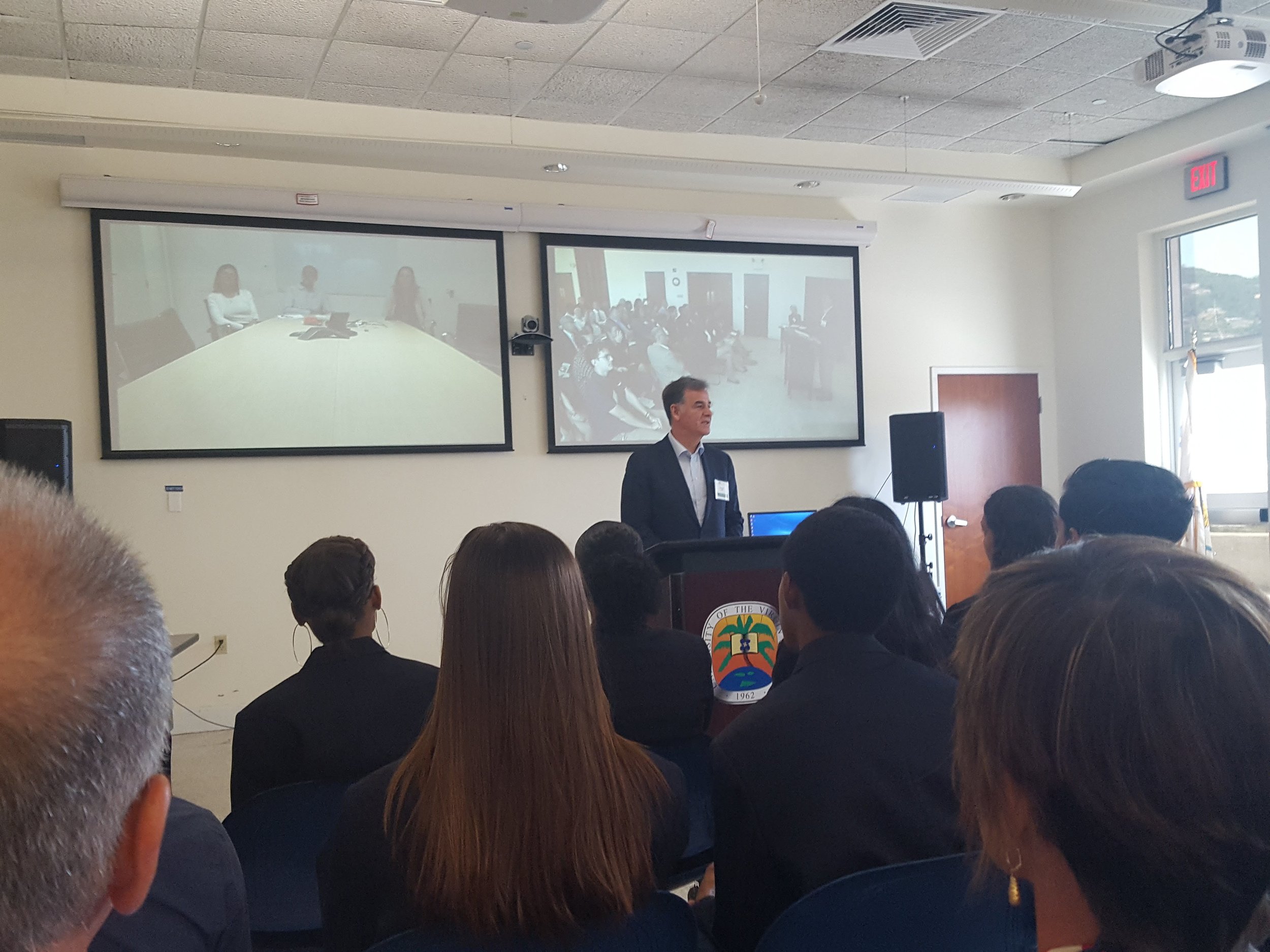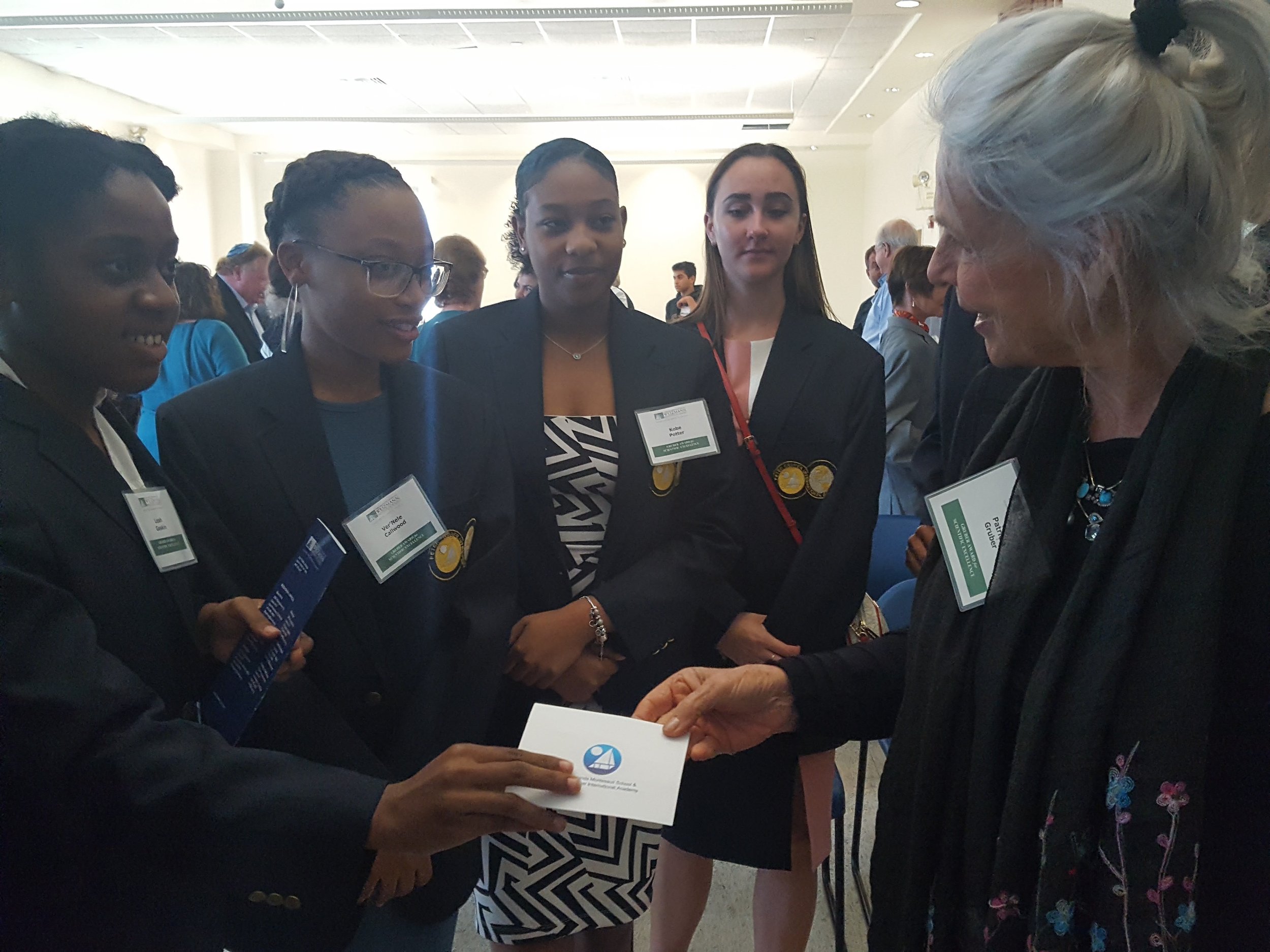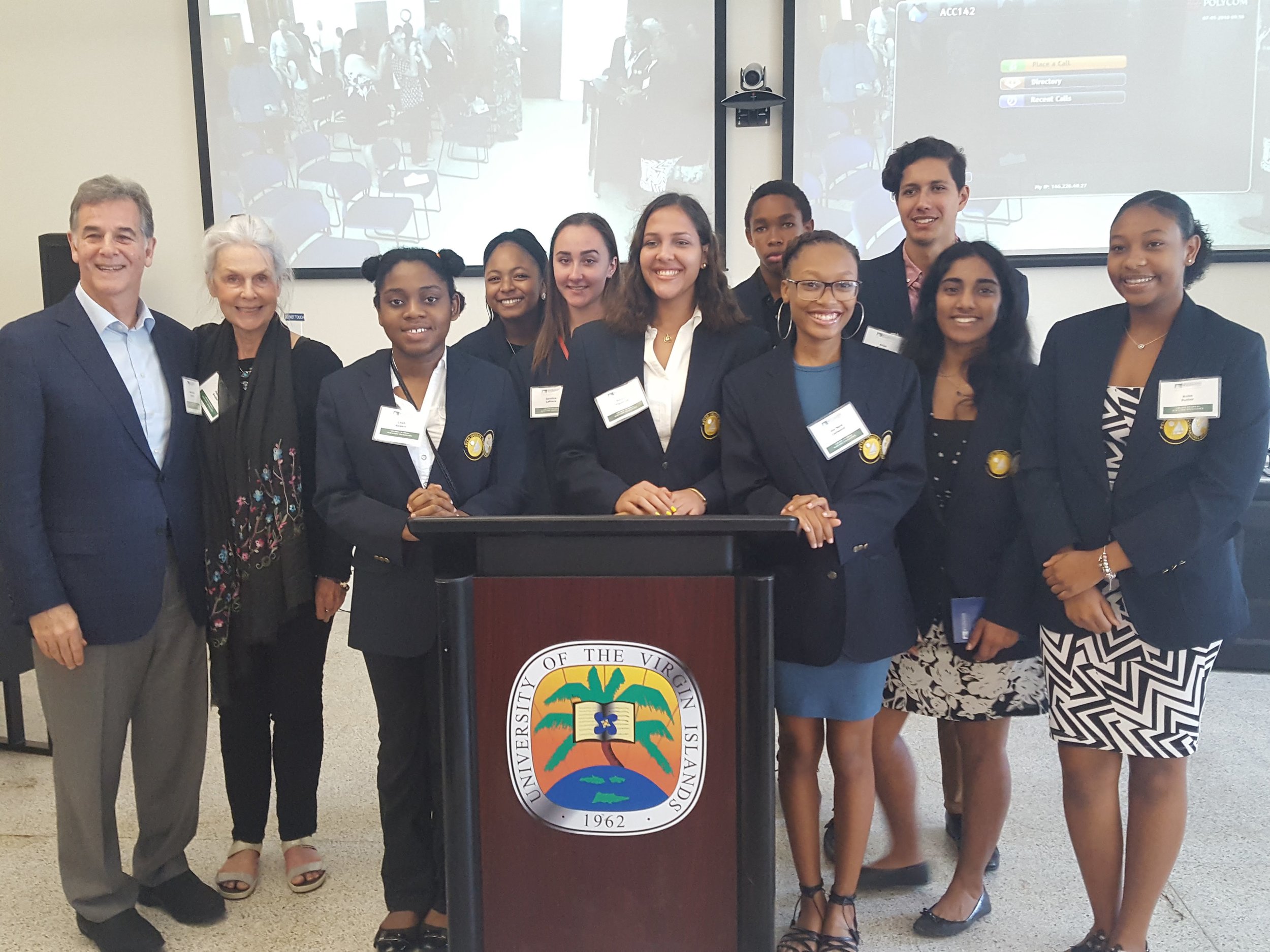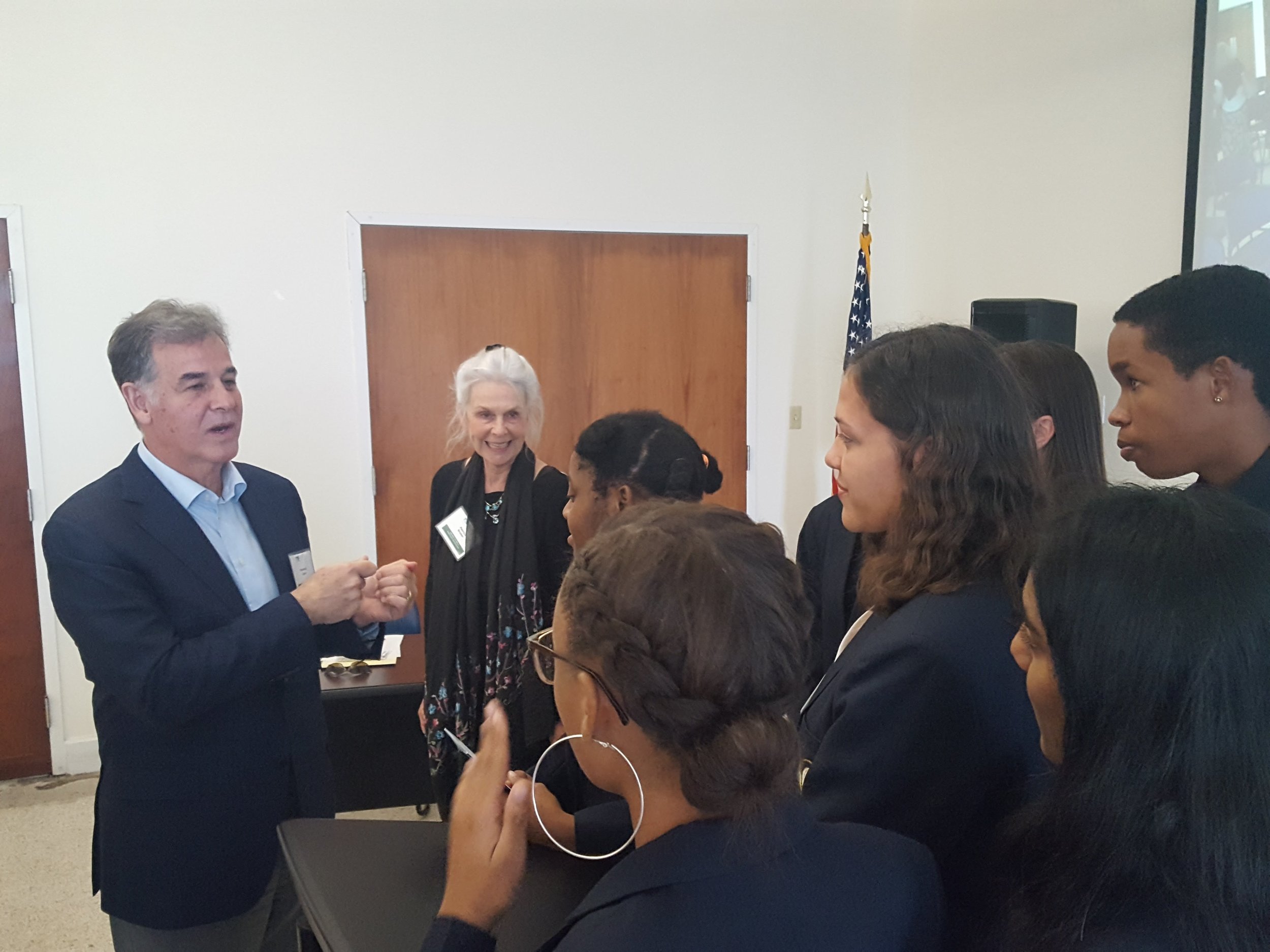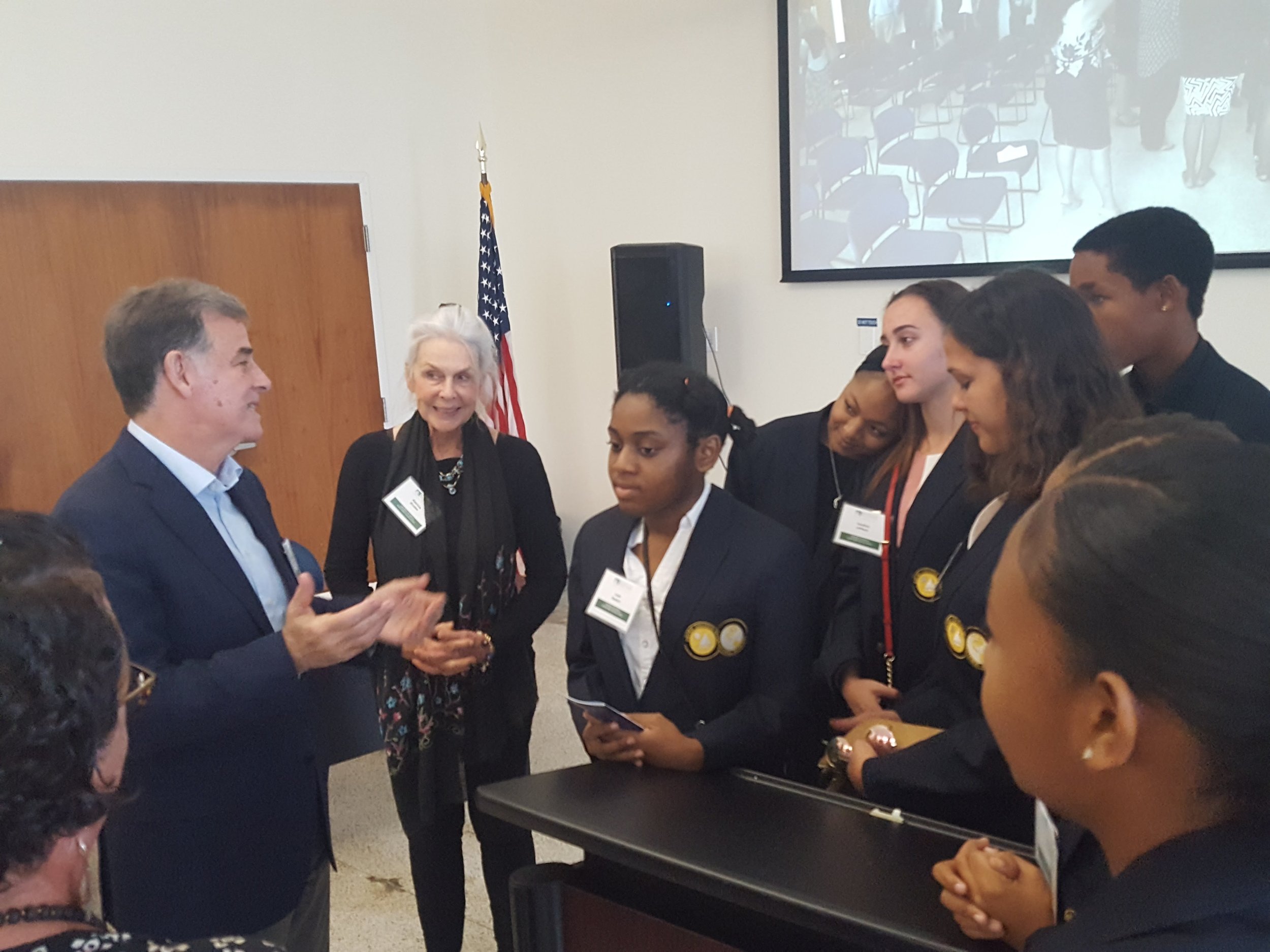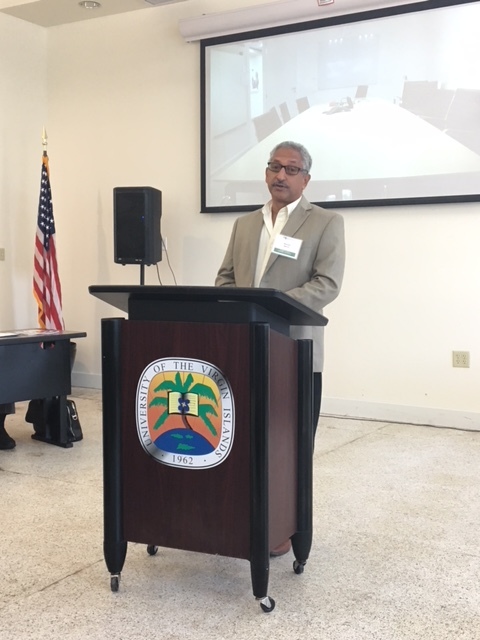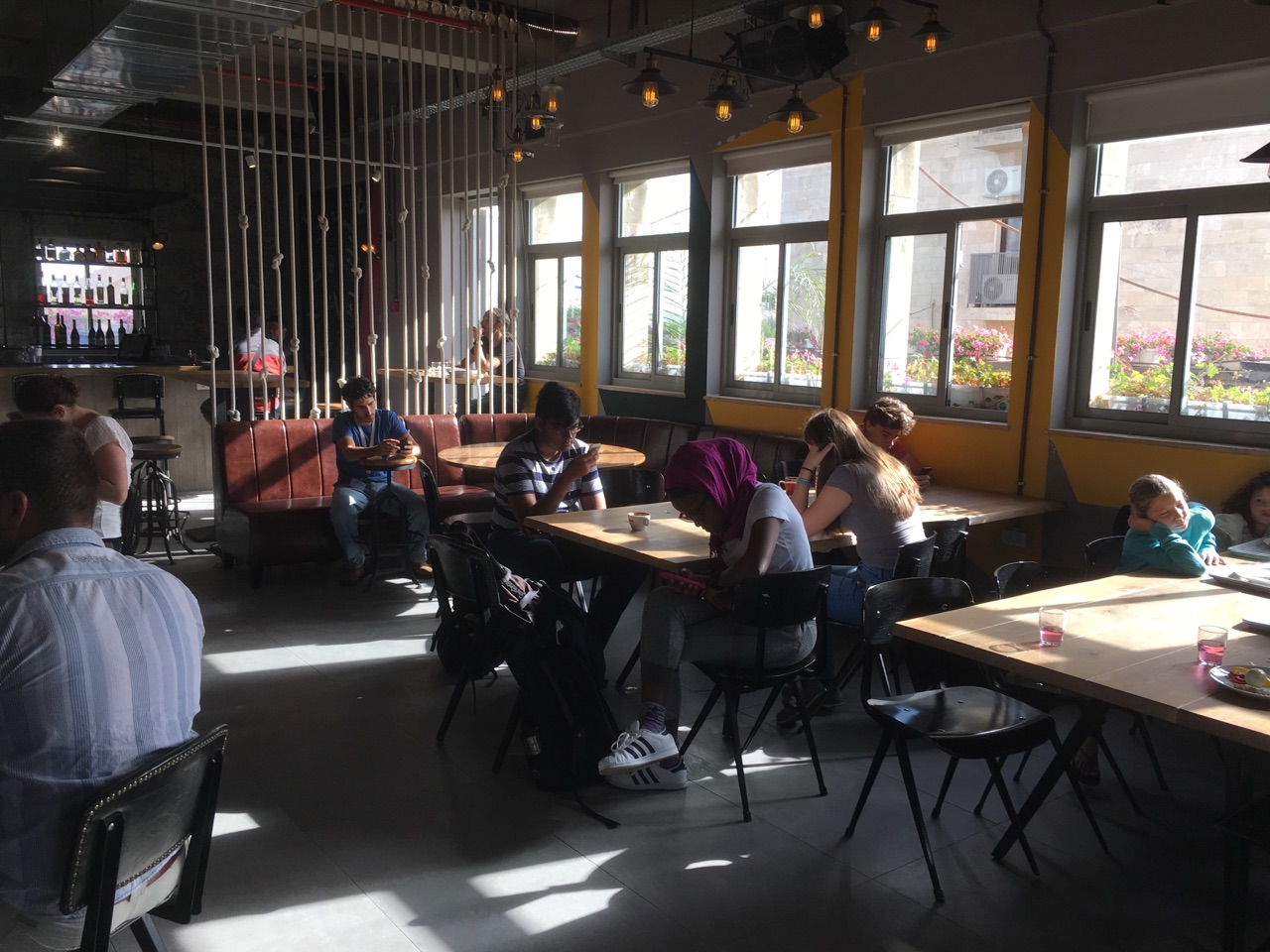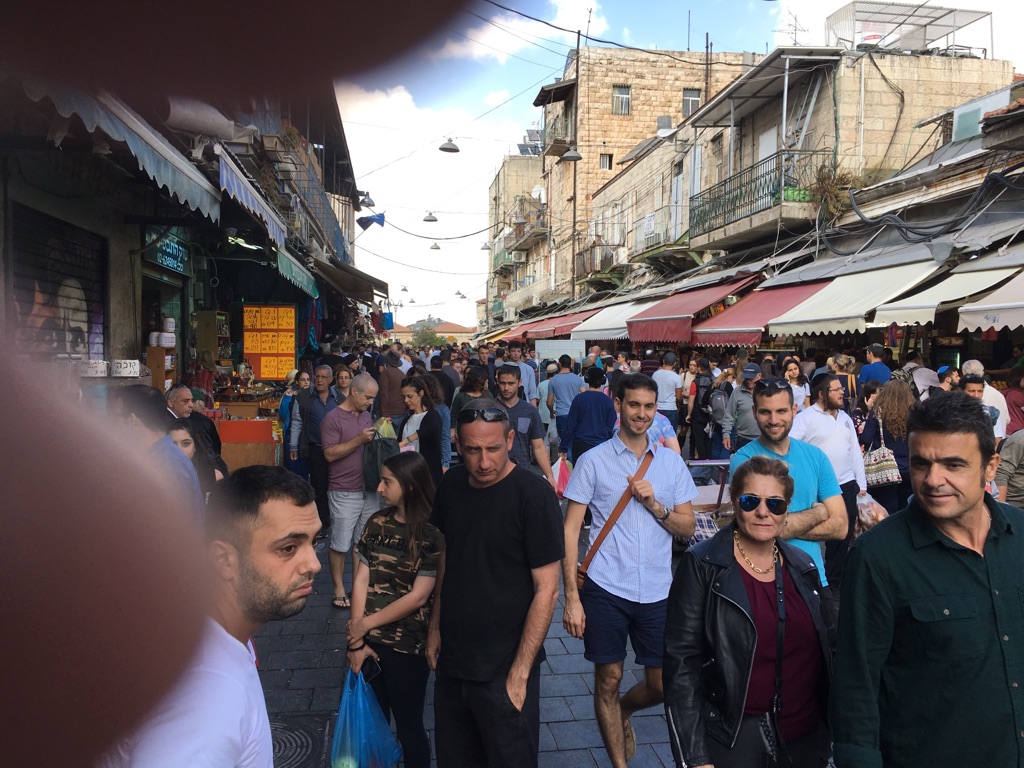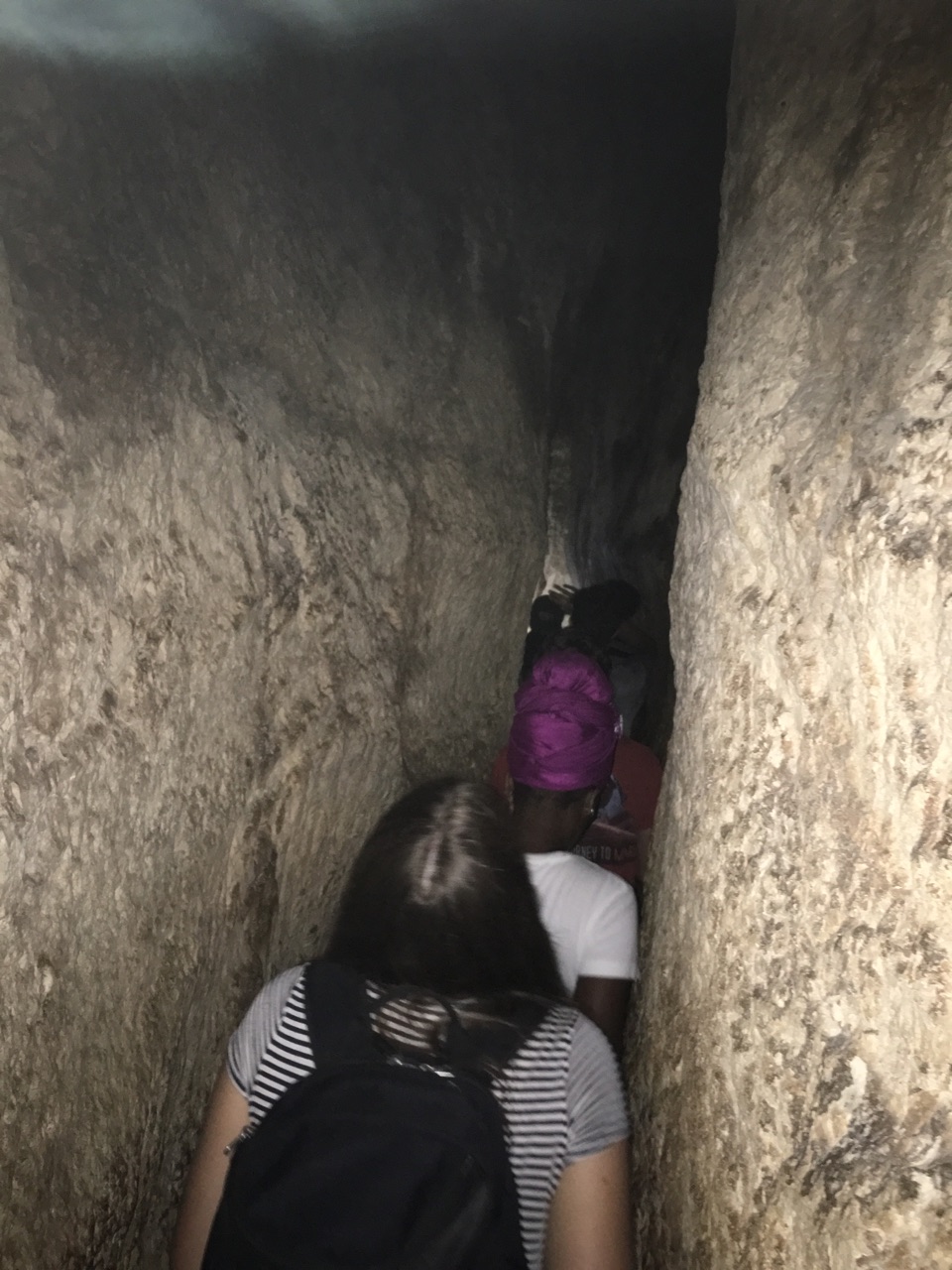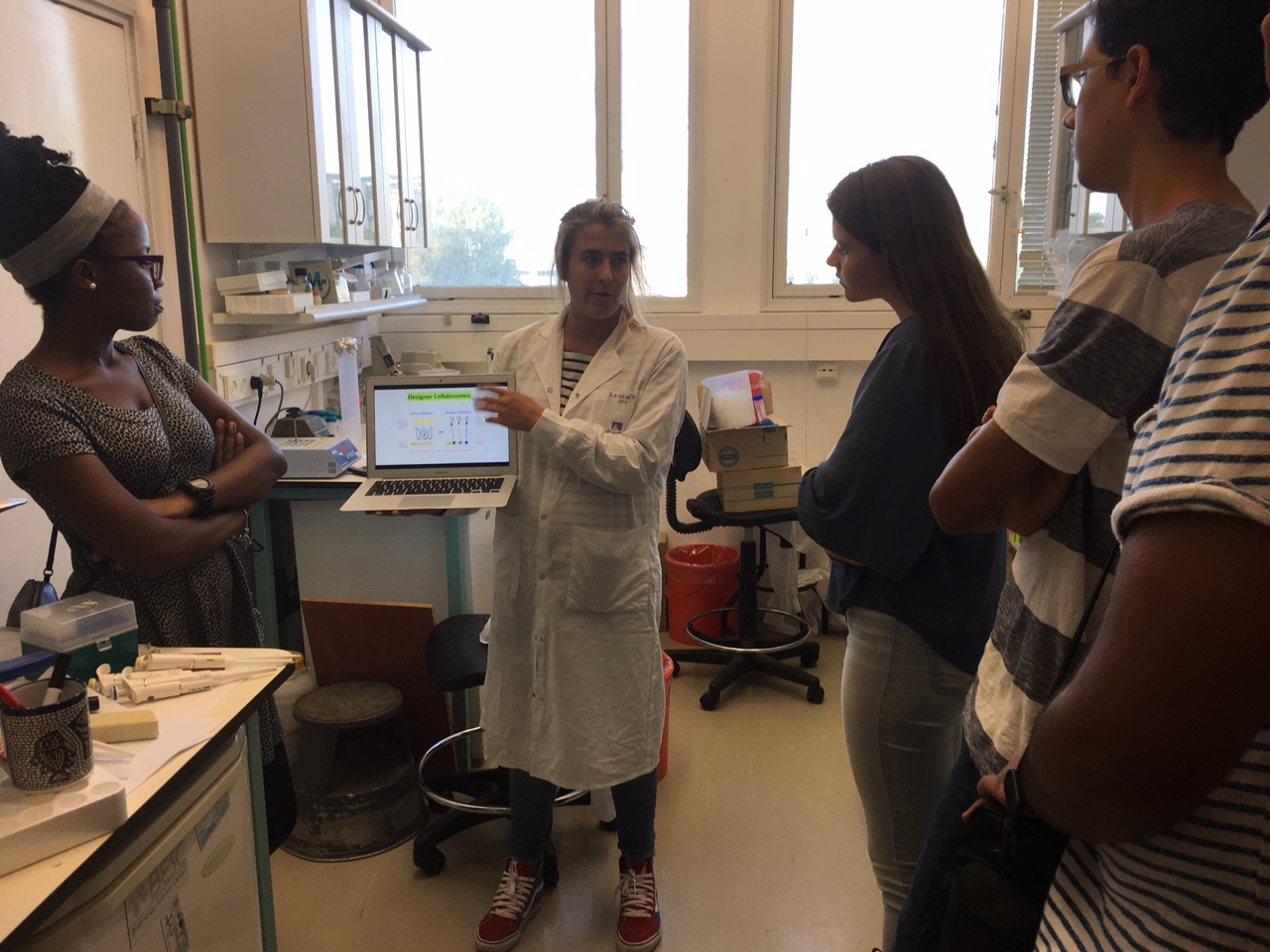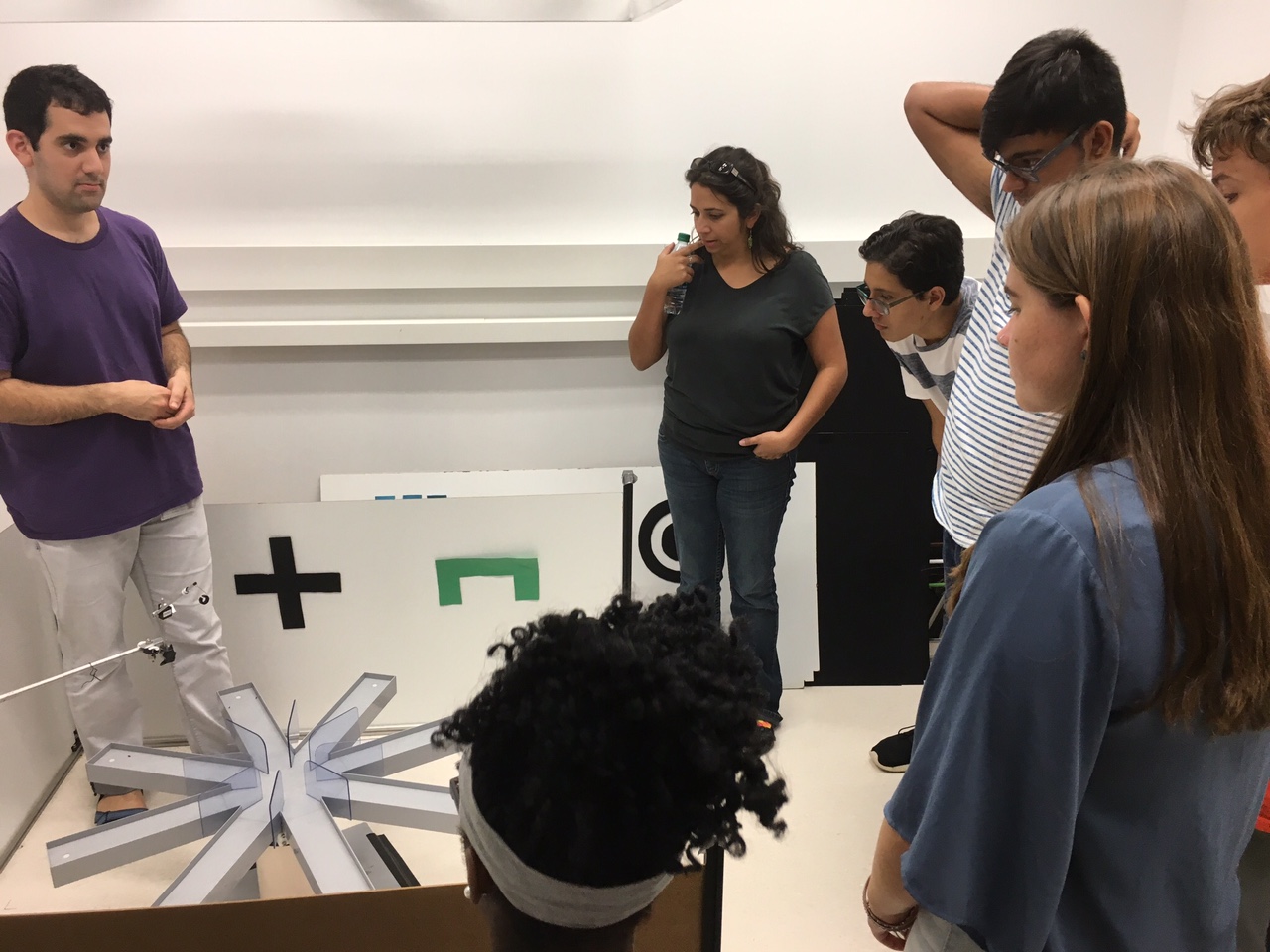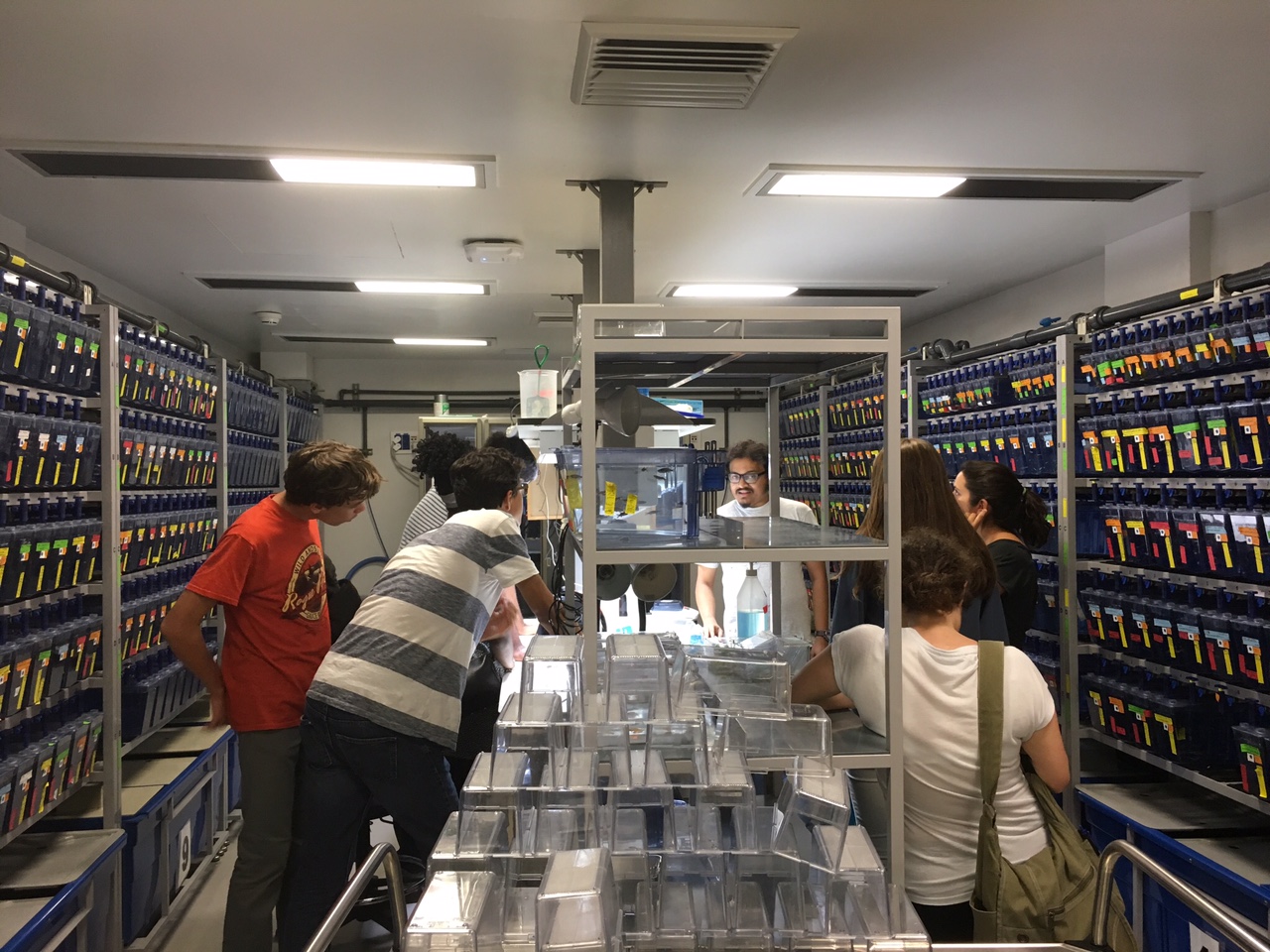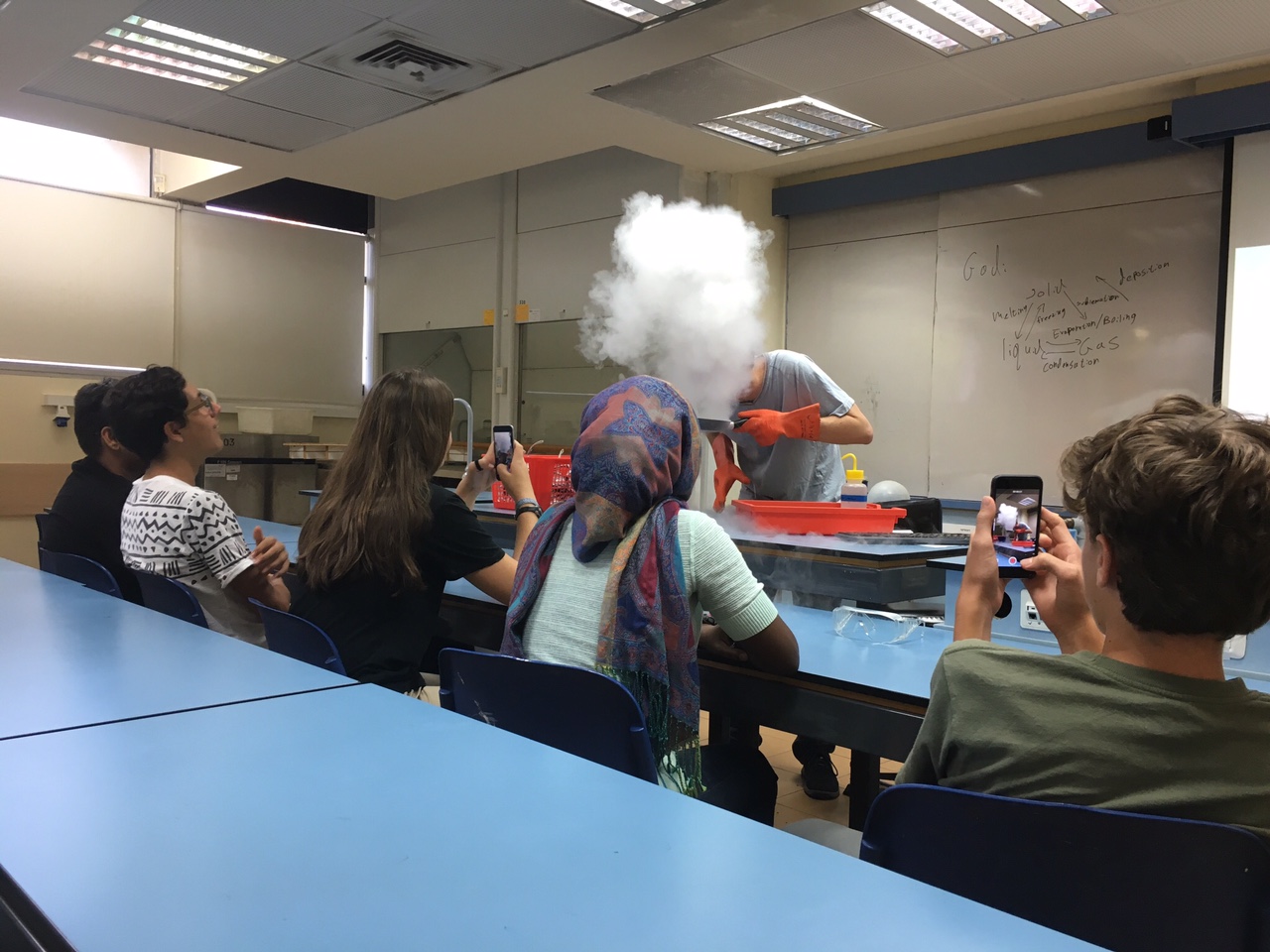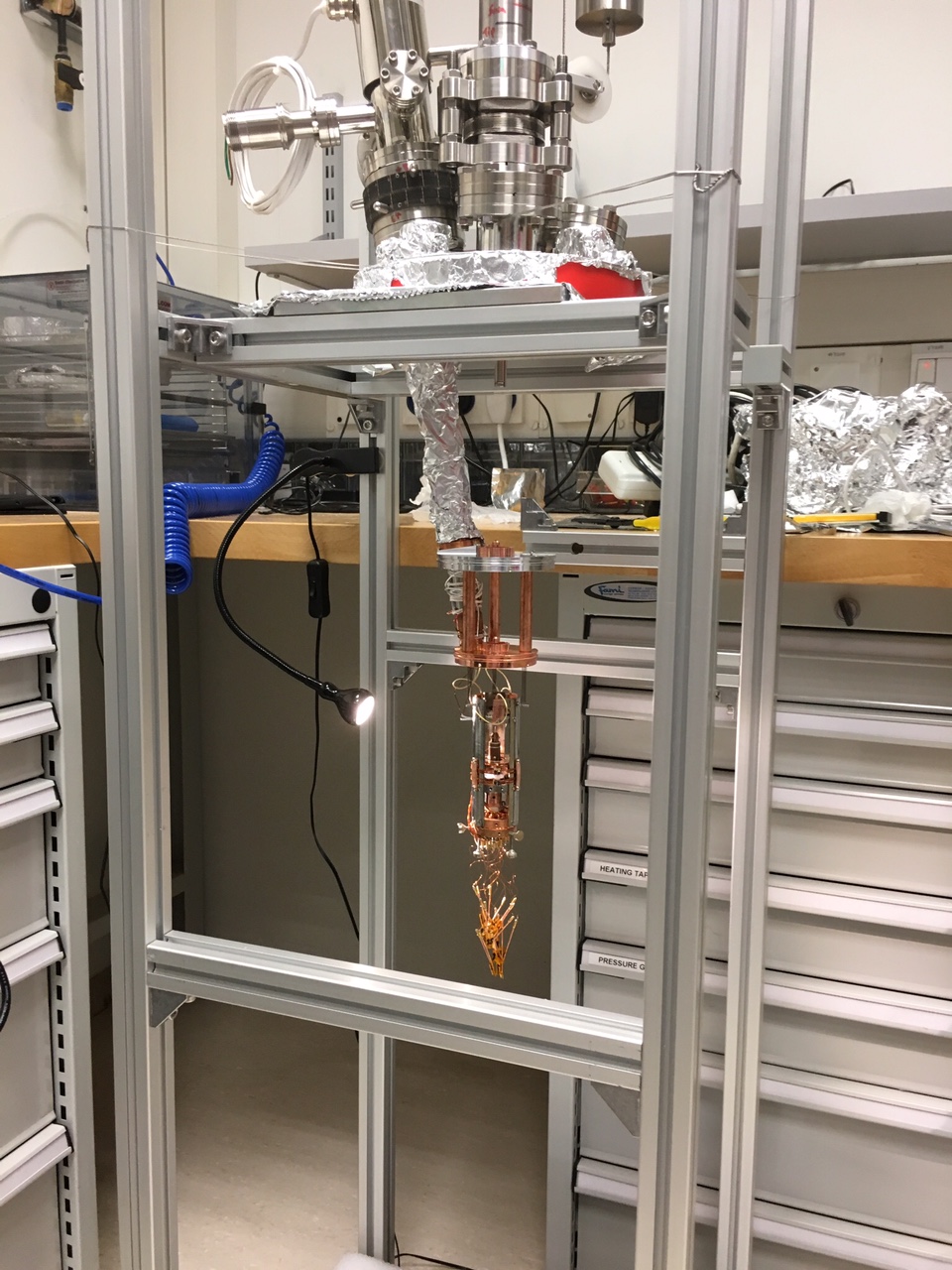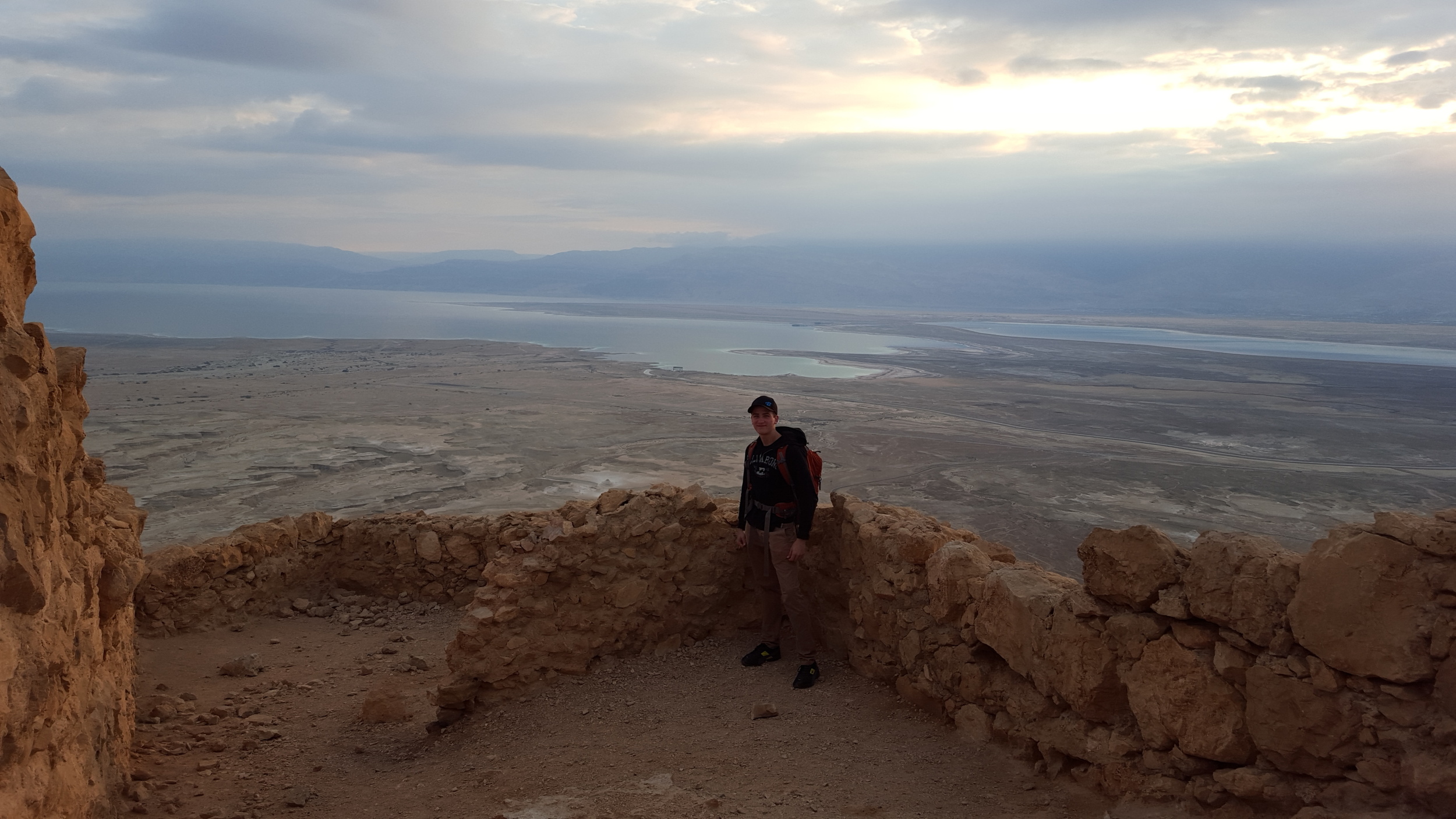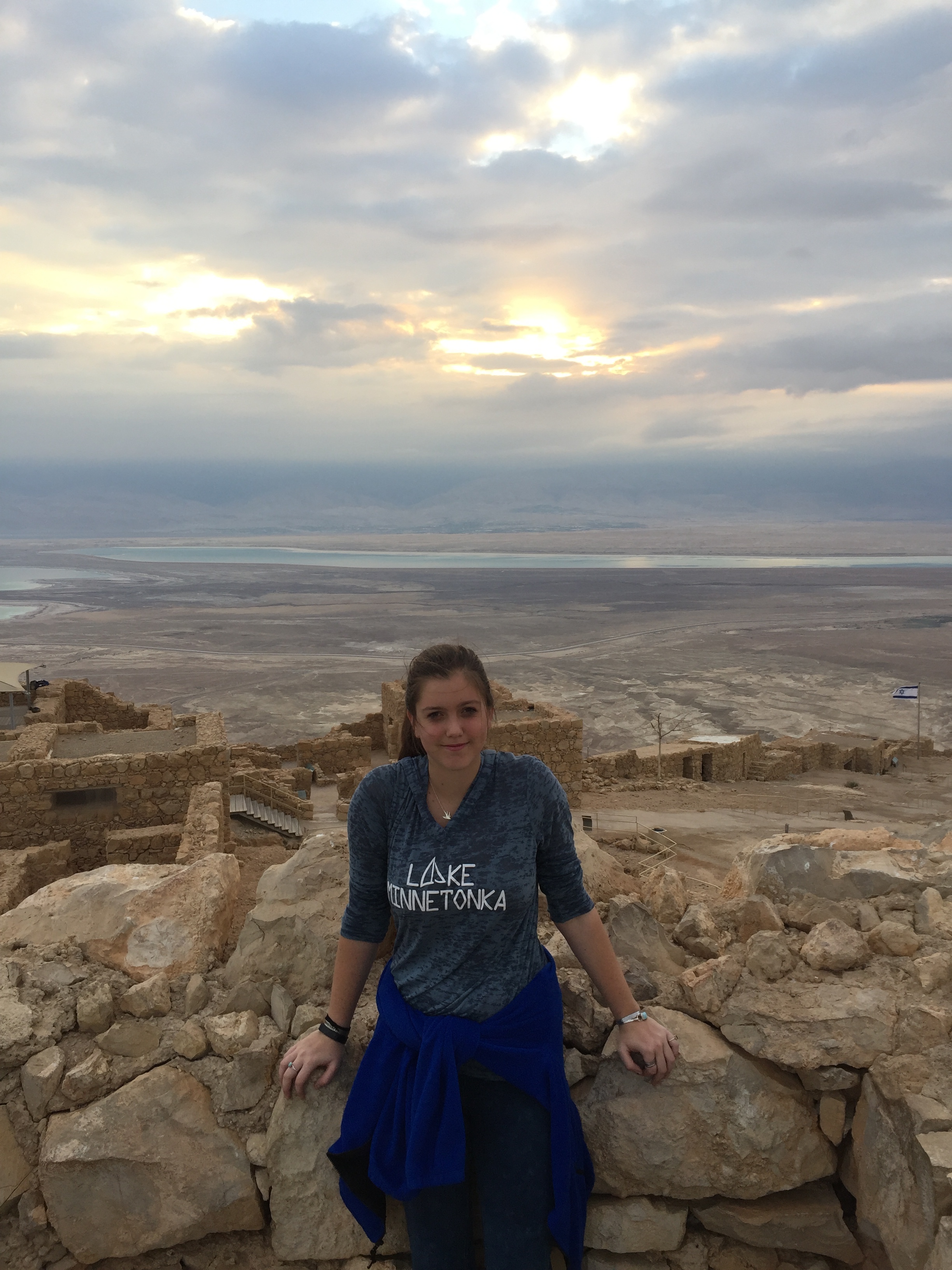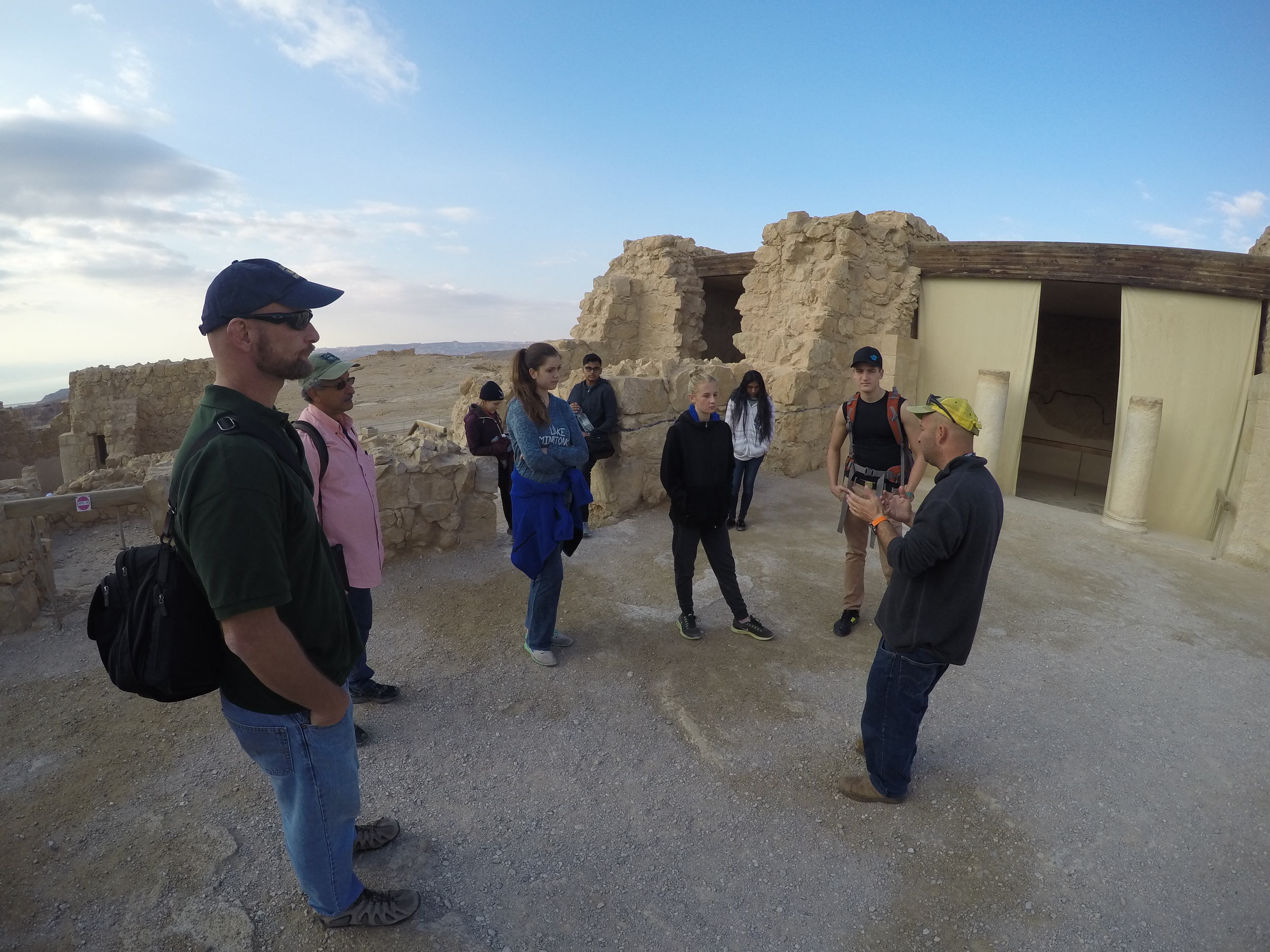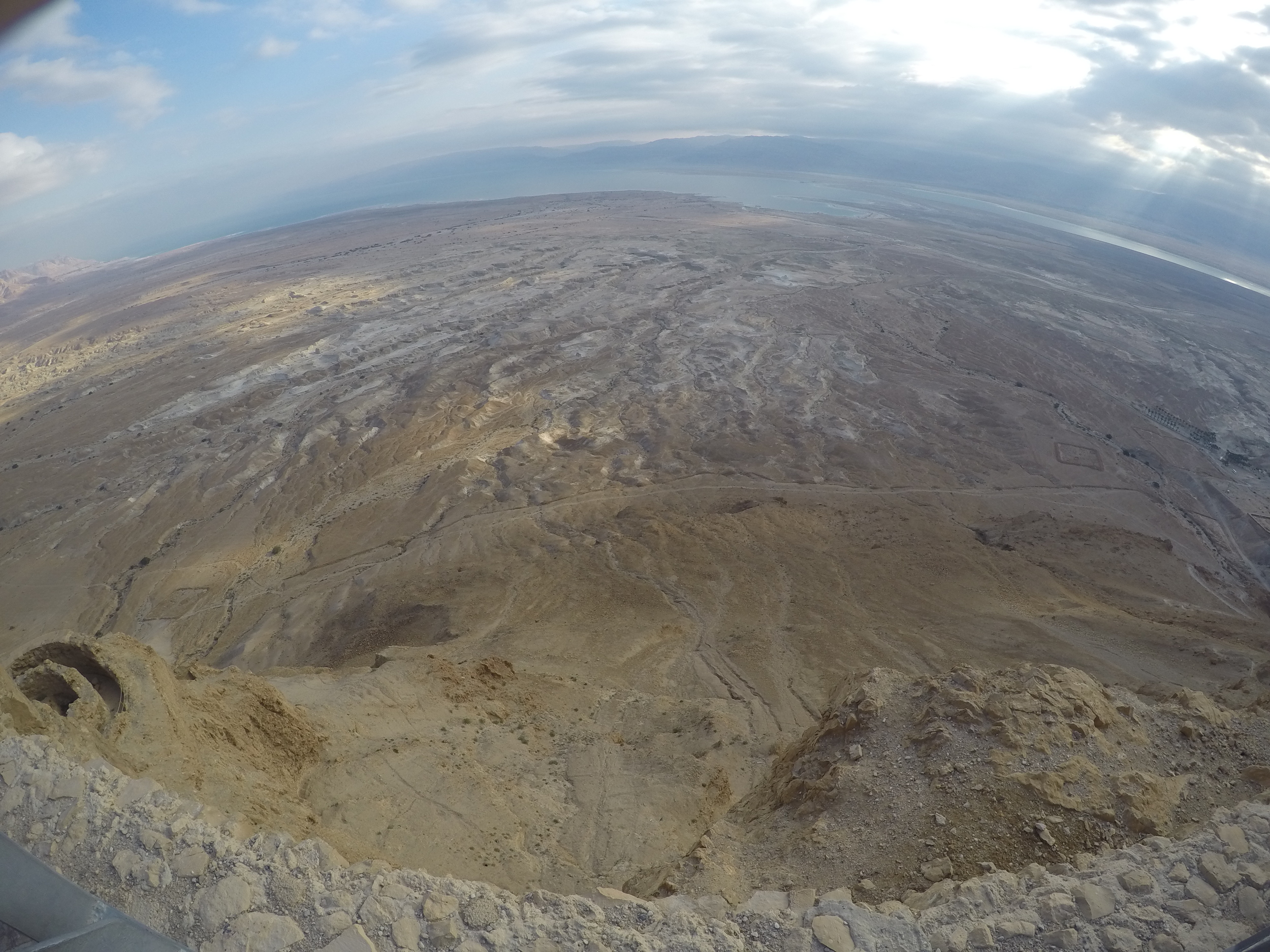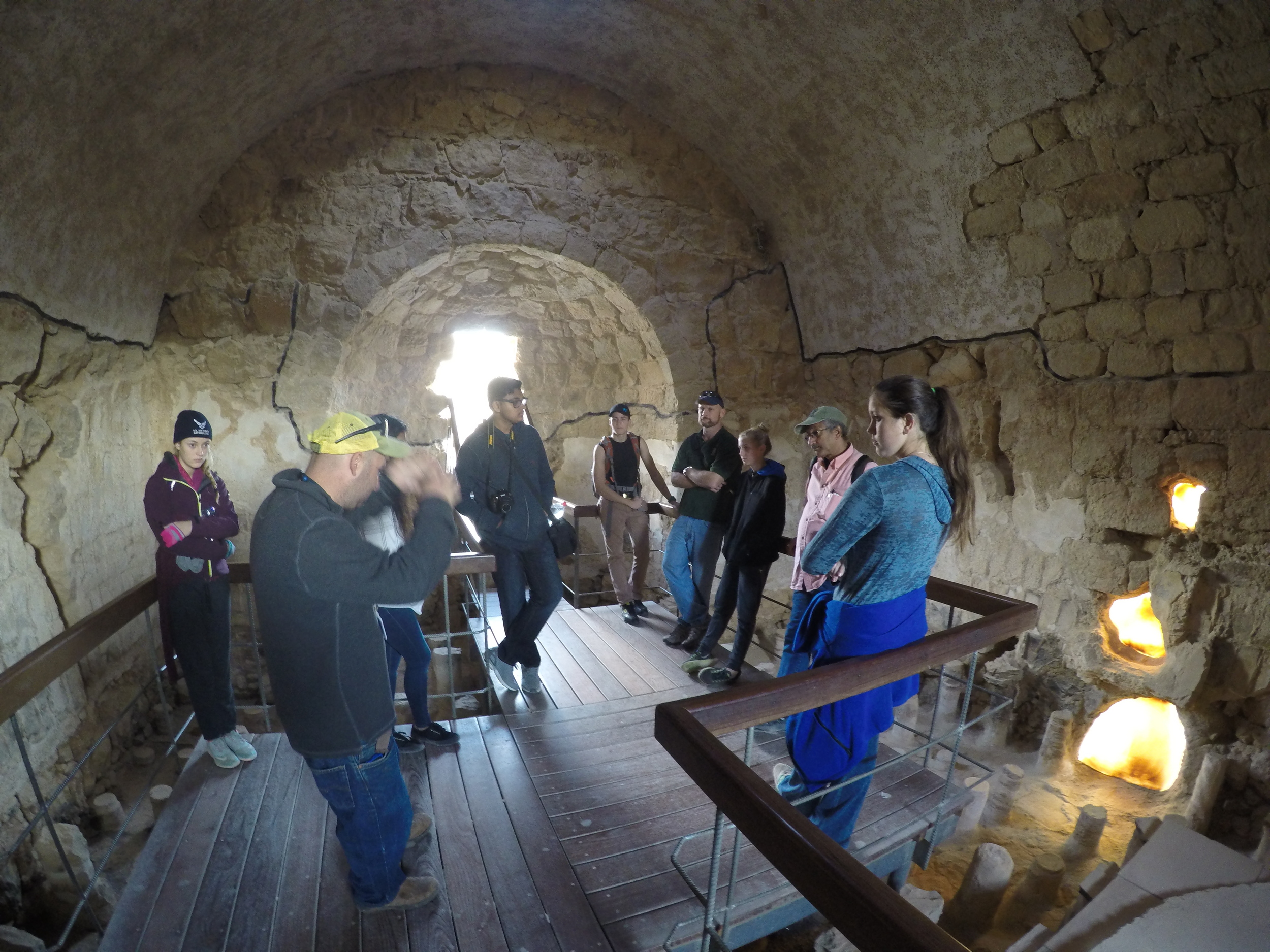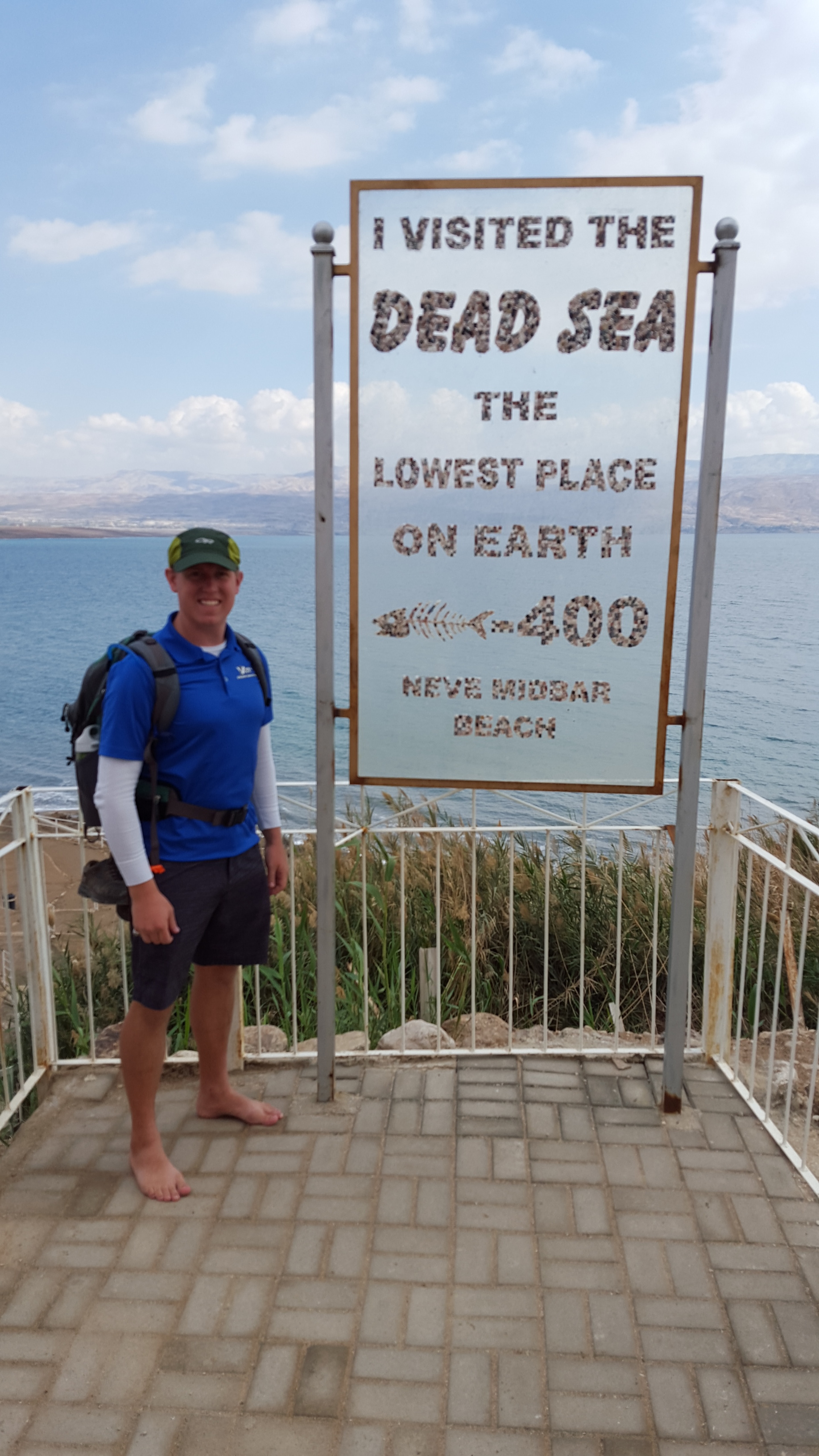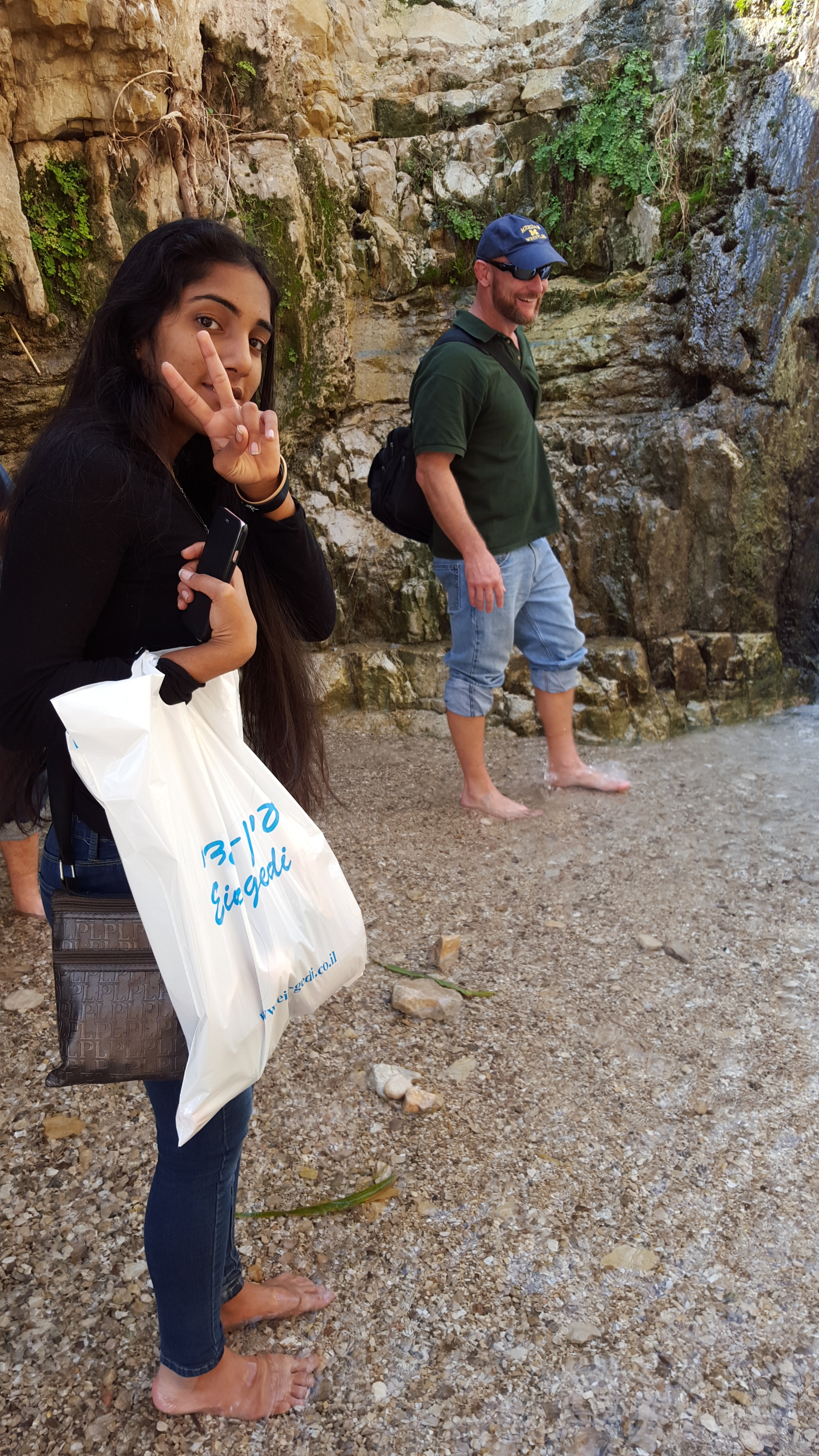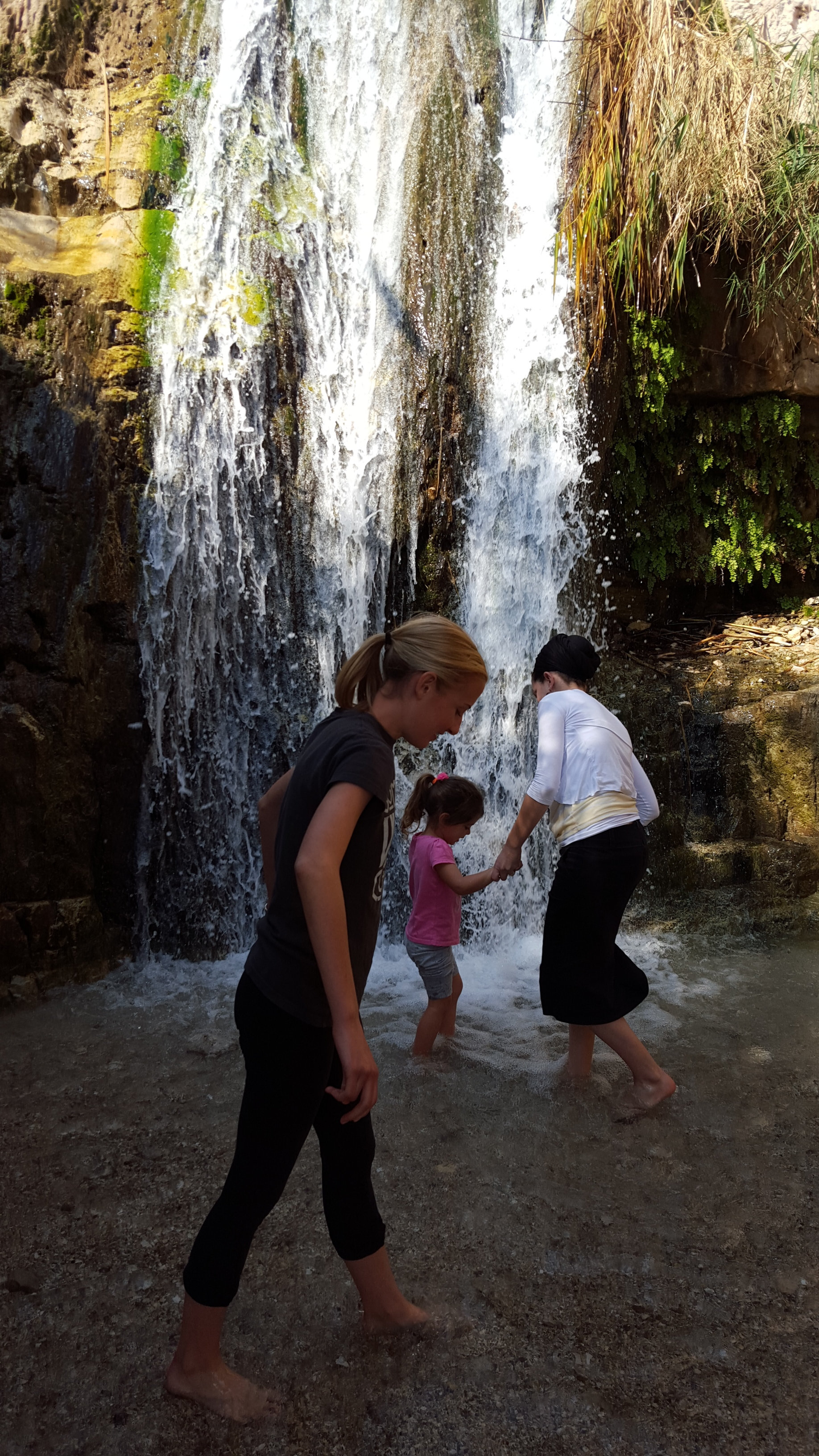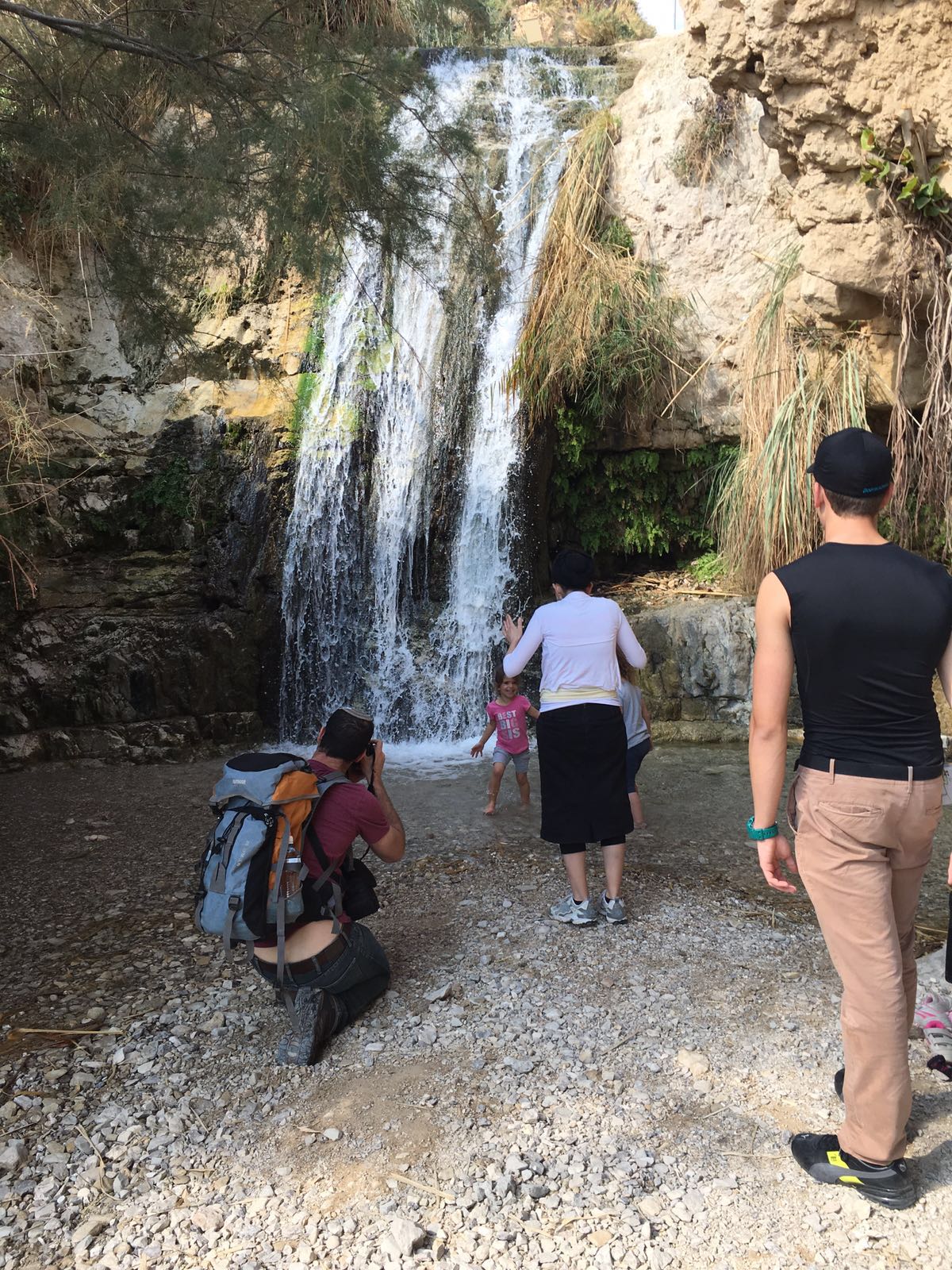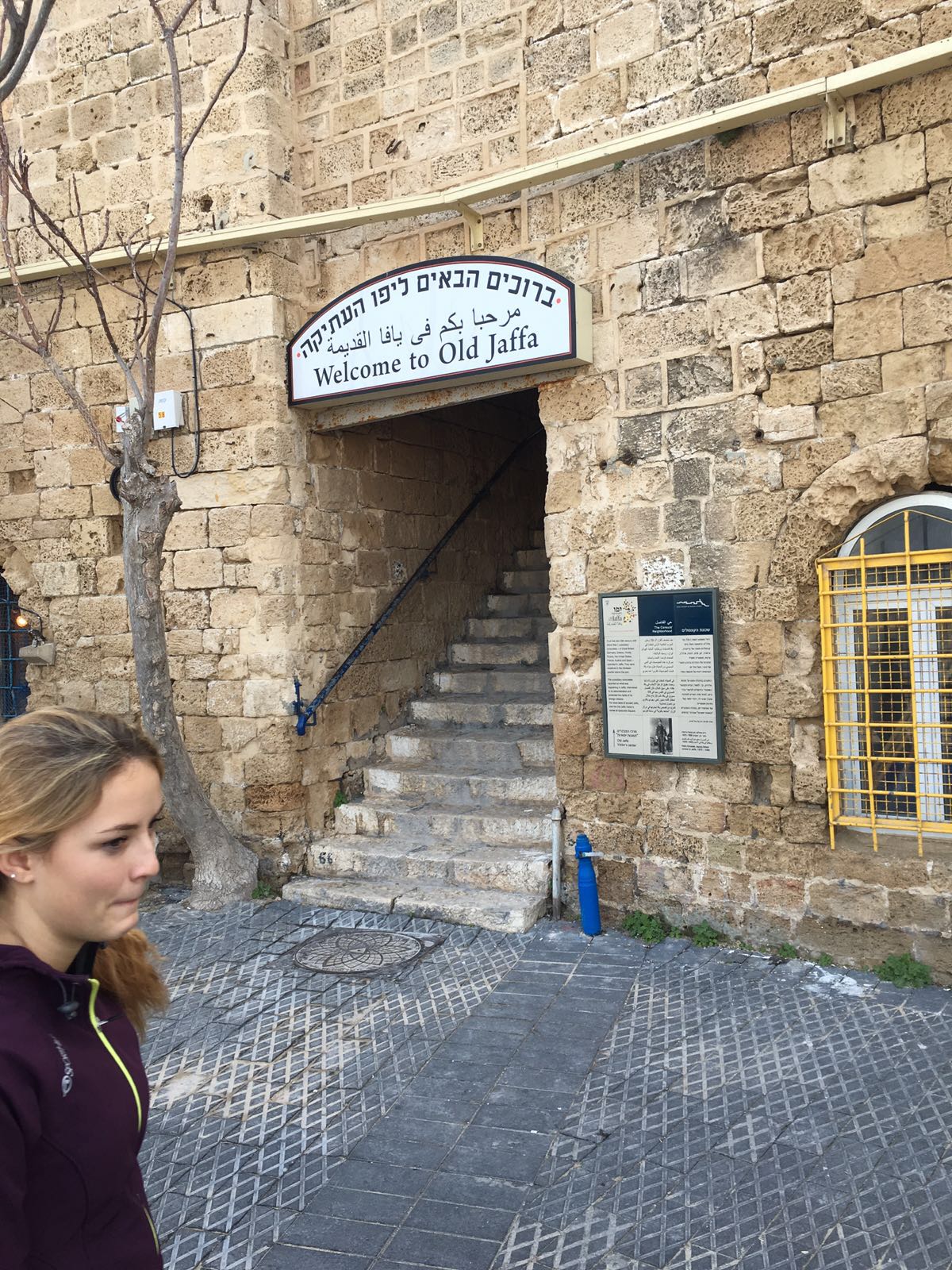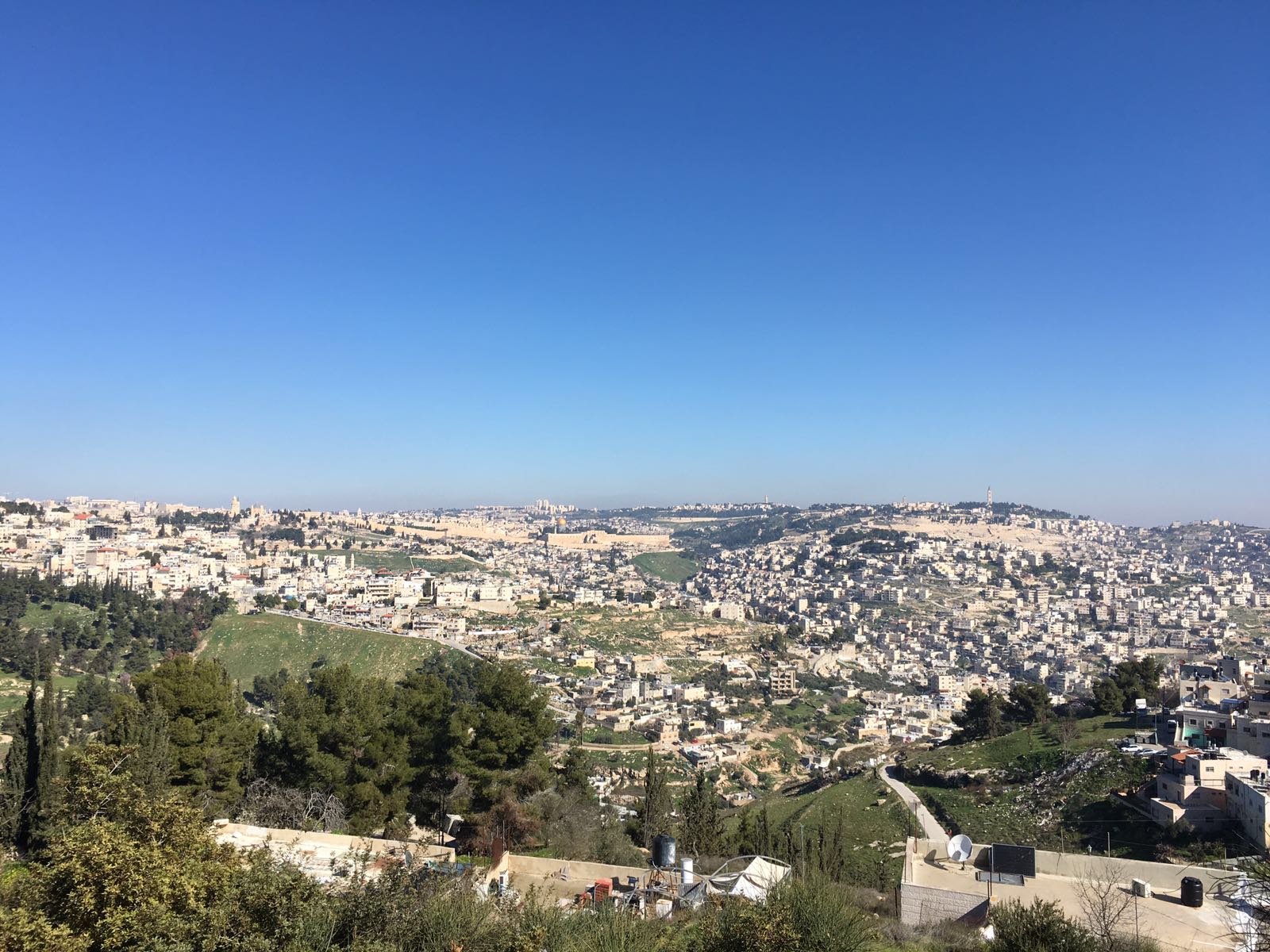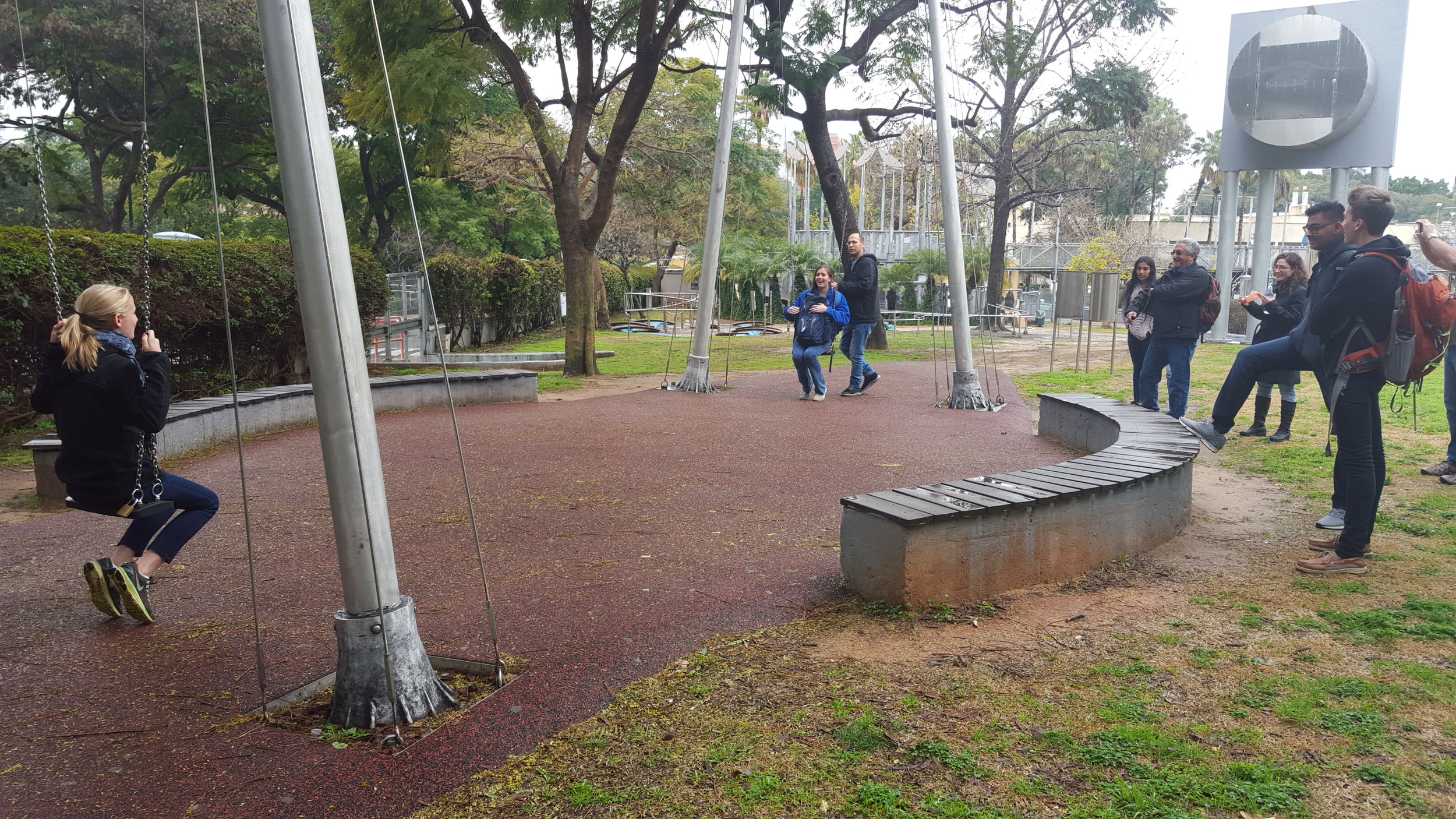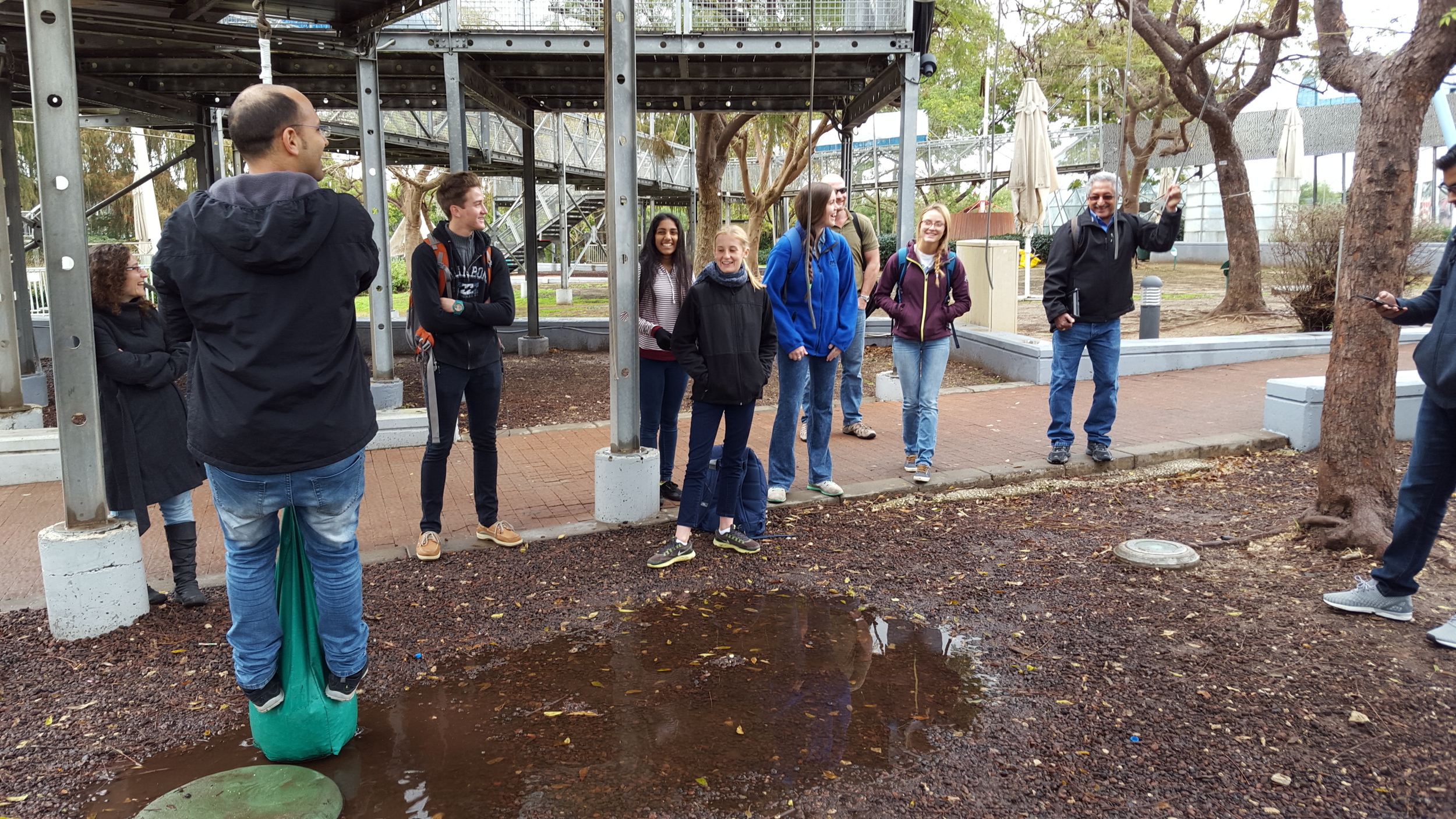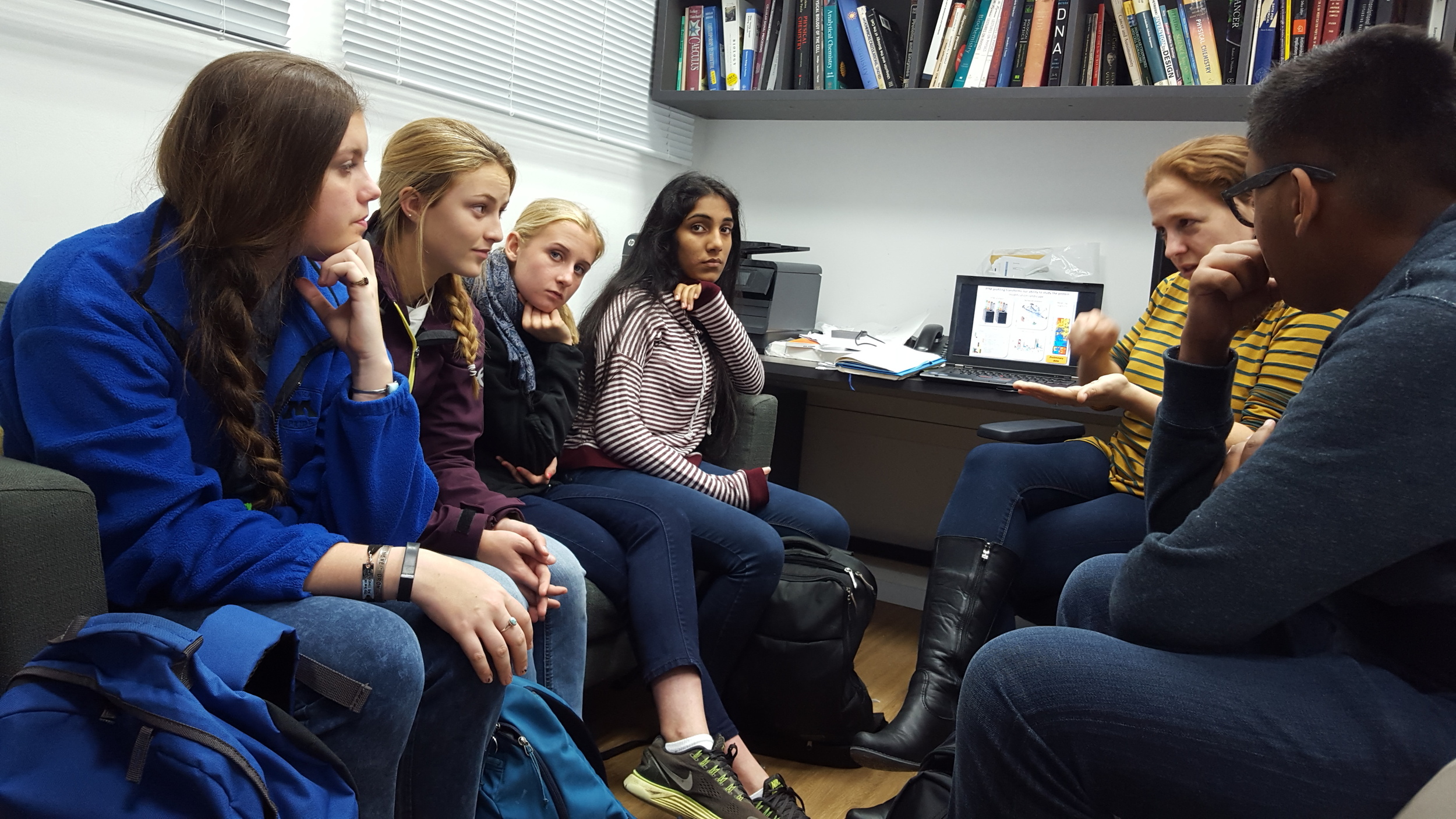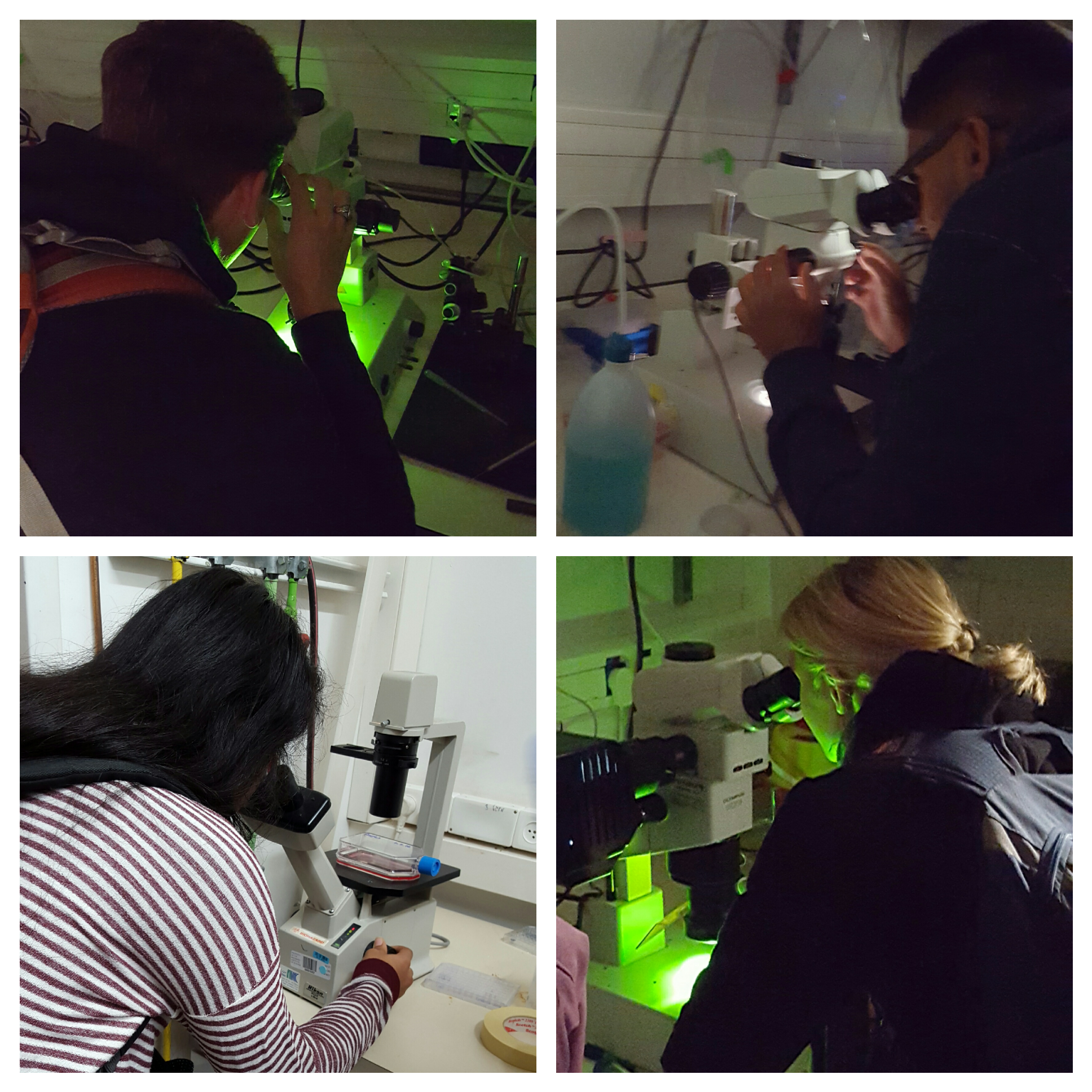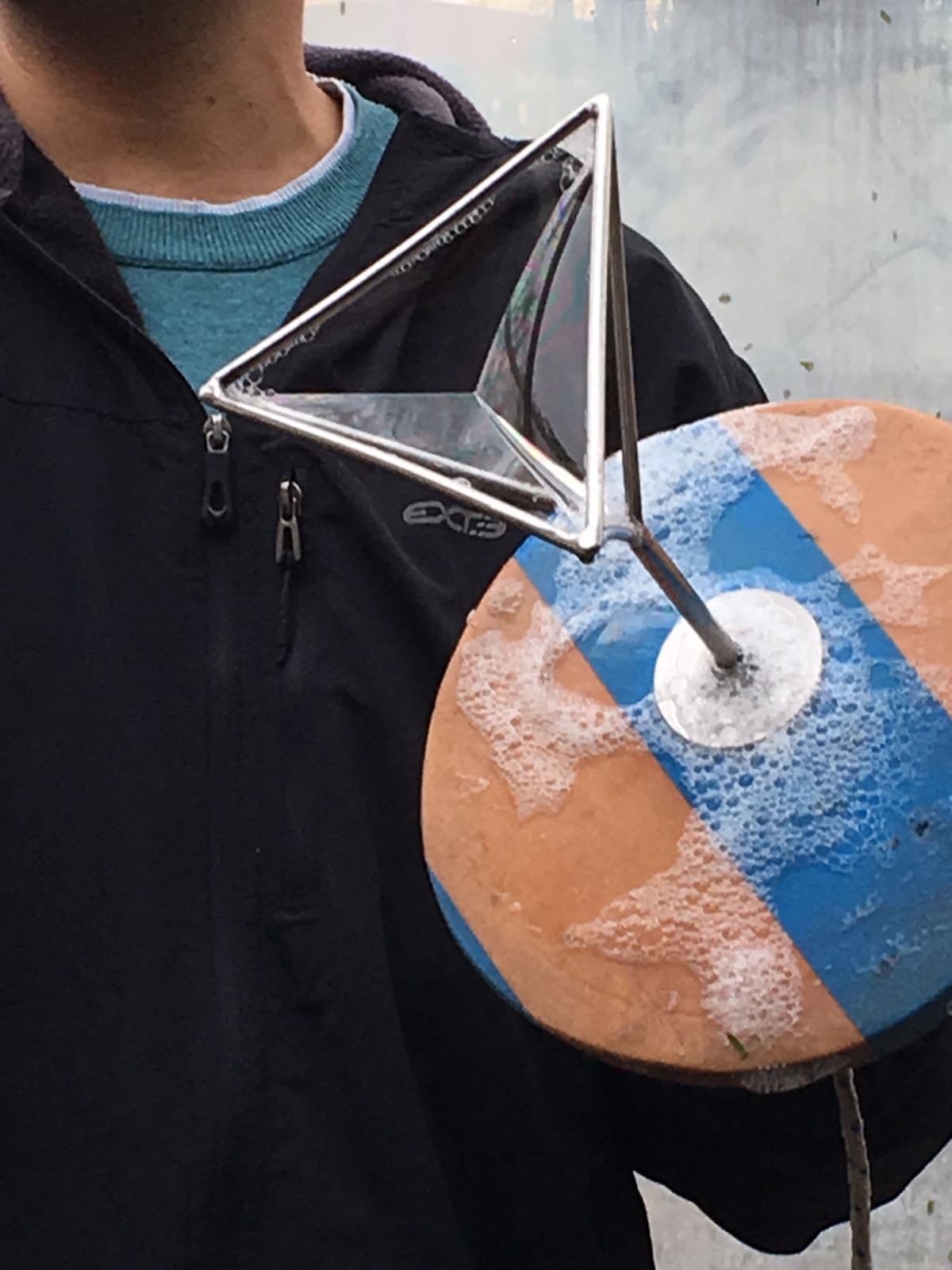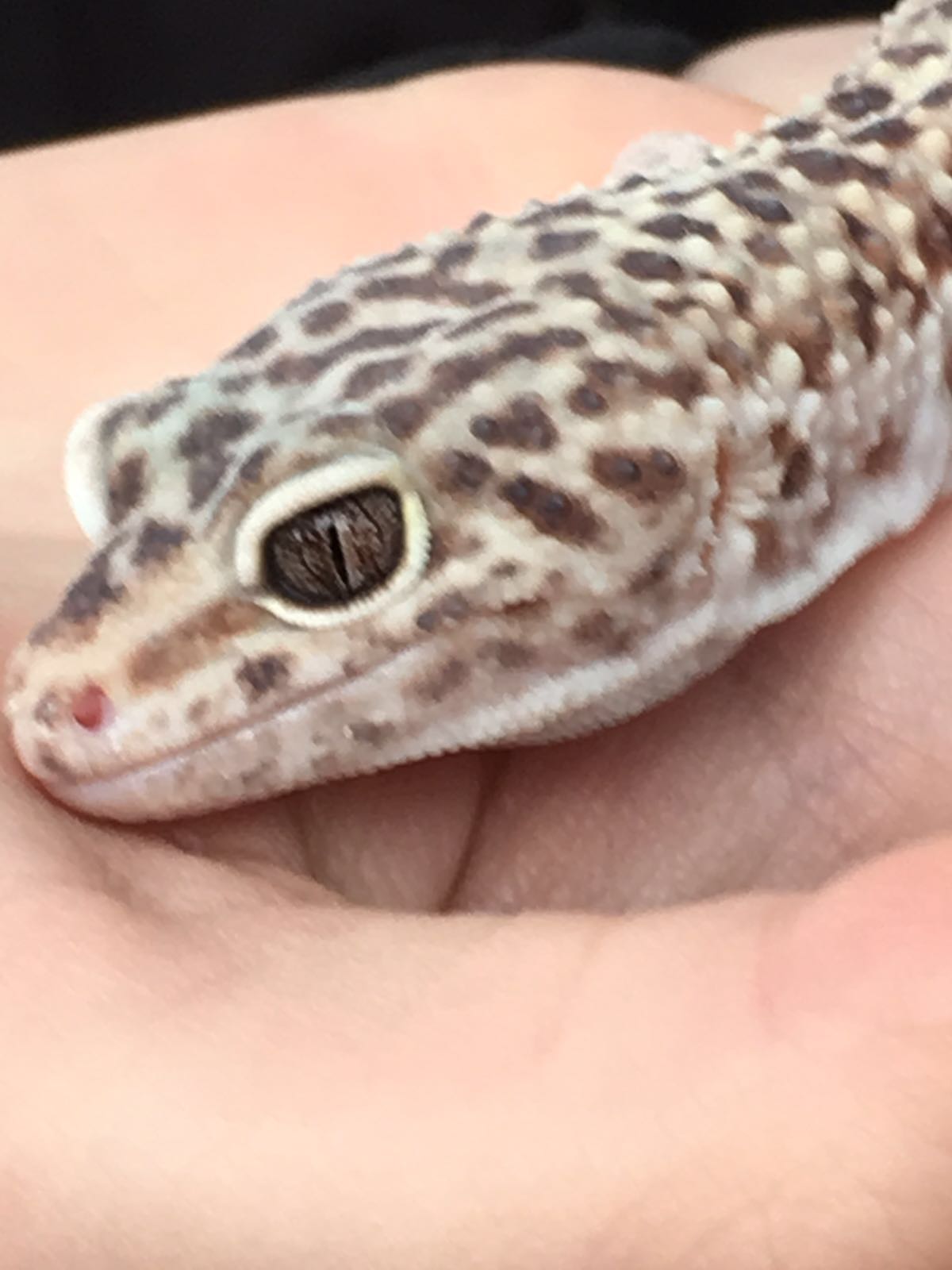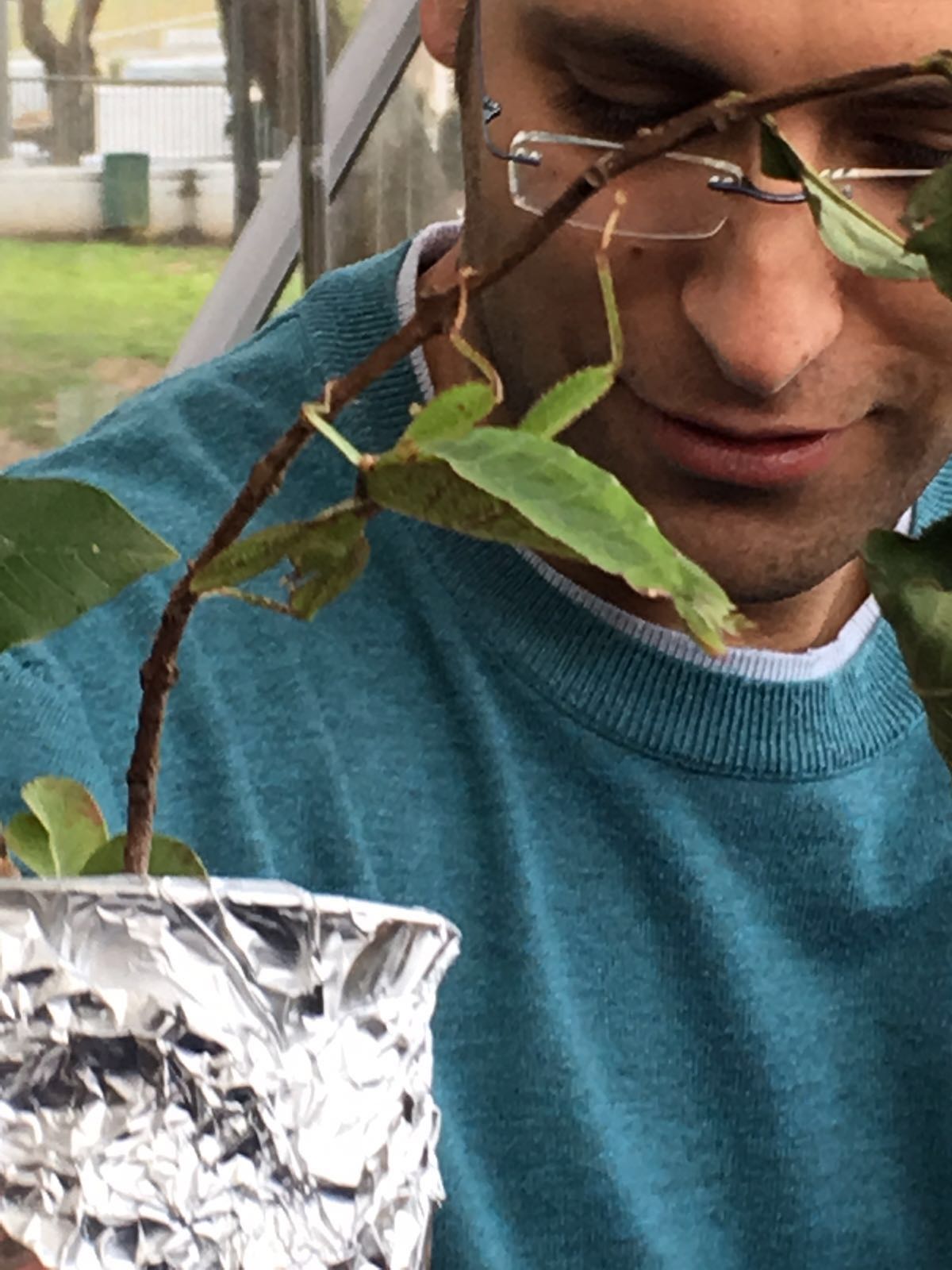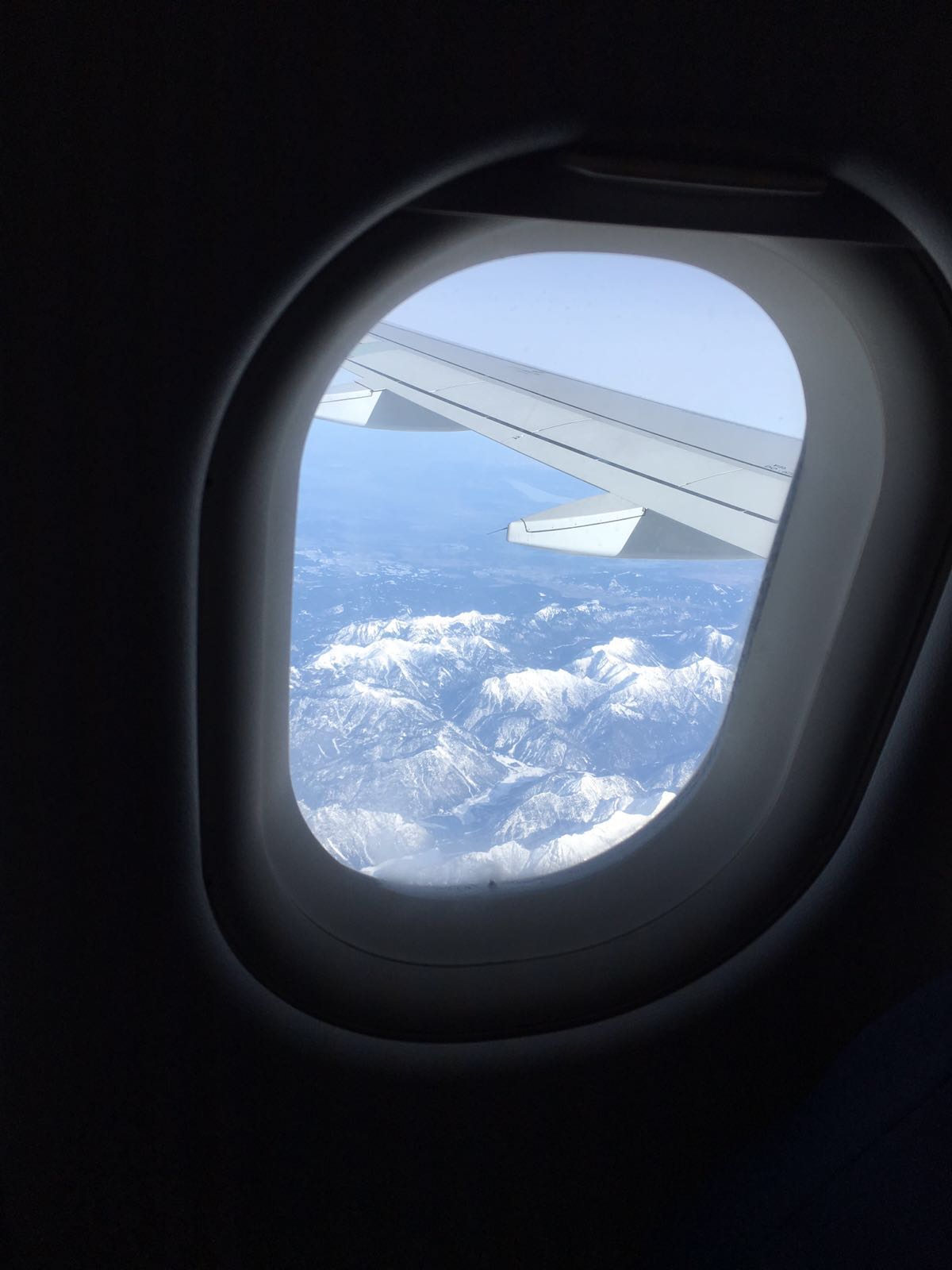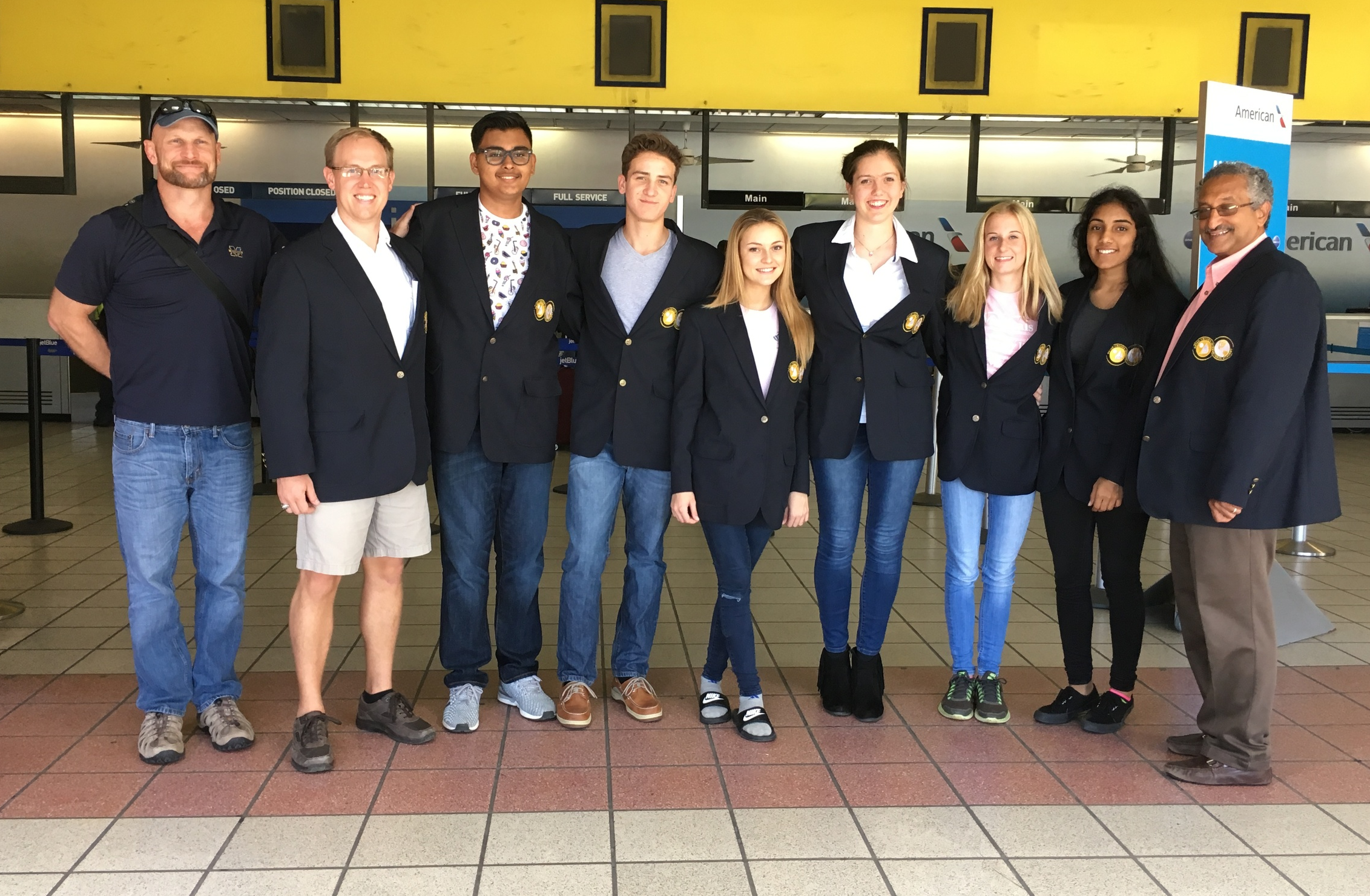Seniors Invited to 11th Annual Peter GrubEr Awards
/Leah Gaskin, Kobe Potter, Ver'Nele Callwood, Vanshika Lulla, T'Leah Serieux, Nalani Figueroa. BACK ROW: Candace LaPlace, Silas Wisehart, Amoi Ottley
RED HOOK, ST. THOMAS - March 7, 2018 - Senior students from Virgin Islands Montessori School and Peter Gruber International Academy (VIMSIA) had the great privilege of attending the twelfth annual Gruber Awards of Science honoring Dr. Elinat Segev.
Each year the Gruber Foundation awards scientists in the fields of Cosmology, Genetics, and Neuroscience, whose groundbreaking work provides new models that inspire and enable fundamental shifts in knowledge and culture. Additionally, one new scientist receives the Young Scientist Award – aimed to recognize brilliant early career scientist from around the world – which is given out by the foundation and supported by personal funds donated by Peter and Patricia Gruber. The award provides vital funding for gifted scientists at the beginning of their research activities, and helps enrich their work.
The ceremony began with opening remarks from VIMSIA Head of School, Michael Bornn who thanked colleagues from the Weizmann Institute of Science in Rehovot, Israel for being the first to reach out post hurricane and spoke about the undying personal connection between the Peter Gruber International Academy and the Weizmann Institute of Science.
With the use of real-time live streaming, Marshall S. Levin, Chief Executive Officer for the American Committee for the Weizmann Institute of Science, welcomed this year’s award recipient Dr. Elinat Segev. Dr. Segev completed her BSc in Biology and Geology magna cum laude (2003), followed by a MSc in Earth Science (2005), and a PhD in Microbiology (2012) all from the Hebrew University of Jerusalem. She worked as a postdoctoral fellow in the Department of Microbiology and Immunobiology at Harvard Medical School from 2012 until joining the faculty of the Weizmann Institute in July 2017. Dr. Segev was accompanied by Prof. Israel Bar-Joseph, Vice President for Resource Development and Public Affairs, Weizmann Institute of Science through teleconference.
Levin highlighted the grand significance of this year’s Gruber Awards, since the original plan was not to host the awards due to hurricanes Irma and Maria. Additionally, Levin added that “although it’s the twelfth year for the award, it’s our tenth anniversary hosting the awards here” at the University of the Virgin Islands, St. Thomas. “We talked about not doing it because the island is suffering so much" said Patricia Gruber, wife of the late Peter Gruber. Piggy-backing off of Bornn’s comments about strong relationships and continuity, Levin added that this was the ultimate sign of support to push forward with the awards, especially knowing what the entire islands sustained during two Category 5 hurricanes and mentioned "we didn't want to disrupt that continuity and connection” in spite of the devastatin impact of two Category 5 hurricanes.
The Weizmann Institute of Science is well known throughout the USA and the world; however, Levin touched upon the W.O.W’s “Wonders of Weizmann” educating guests that Weizmann has had two patents per week for the last ten years, has developed seven of the top twenty-five drugs in the world and is ranked number ten in the world (out of 750 institutions) based on citation index metrics. Levin stressed the uniqueness of the Weizmann Institute adding that "people are not told what to study or what to do... it's a research institute and graduate school where they work in teams."
Dr. Segev welcomed questions from the audience. The majority of the questions were asked by VIMSIA students, with the most significant question being “what advice do you have for females wanting to pursue a career in science?” Dr. Segev answered that there absolutely is a struggle and a significant difference between males and females in science – a male dominated field. She added that it wasn’t until her mid-forties that she realized the differences and how grateful she is to be working at an intuition that advocates for equal rights and provides various methods of support, such as forums and workshops. “Women in science do face challenges. When science is part of our identity, finding a balance is difficult. Getting advice from the right people, seeking supporters, working in an arena that provides funding and resources are all ways to find balance” said Segev, adding that it’s important to “find your mentors and do not give up. If done in the right environment, you can be very successful at science and at life.”
Patricia Gruber - a philanthropist with a forward-looking approach to improving the human condition - spoke of her late husband, Peter. Together they established the Peter and Patricia Gruber Foundation in support of scientific research and human rights efforts, providing fellowships and scholarships. The prize program now resides at Yale University. Patricia mentioned “interactions with Weizmann are magic,” adding that while “working with a crew of creative people, anything can happen!” The common theme throughout the awards was that “Weizmann hires your brain and they want you to have fun” because no one is going to tell a Weizmann scientist what to study. Patricia added that “all of this, and all of us are a testament to resilience. Endurance is one thing, recharging is another.” The Weizmann Institute family cherishes Peter’s memory and his legacy of shared vision for the benefit of all humanity. The news of Levin’s retirement was made public by Gruber, adding how significant their work relationship has been. “He connects with people …. and wants to understand what’s important to you, and reaches deeper and deeper until he connects" says Gruber.
Given the close ties with the Weizmann Institute, VIMSIA seniors were invited to the private lunch following the awards at Grand Cru. PGIA Senior students in attendance: Leah Gaskin, Kobe Potter, Ver'Nele Callwood, Vanshika Lulla, T'Leah Serieux, Nalani Figueroa, Candace LaPlace, Silas Wisehart and Amoi Ottley


